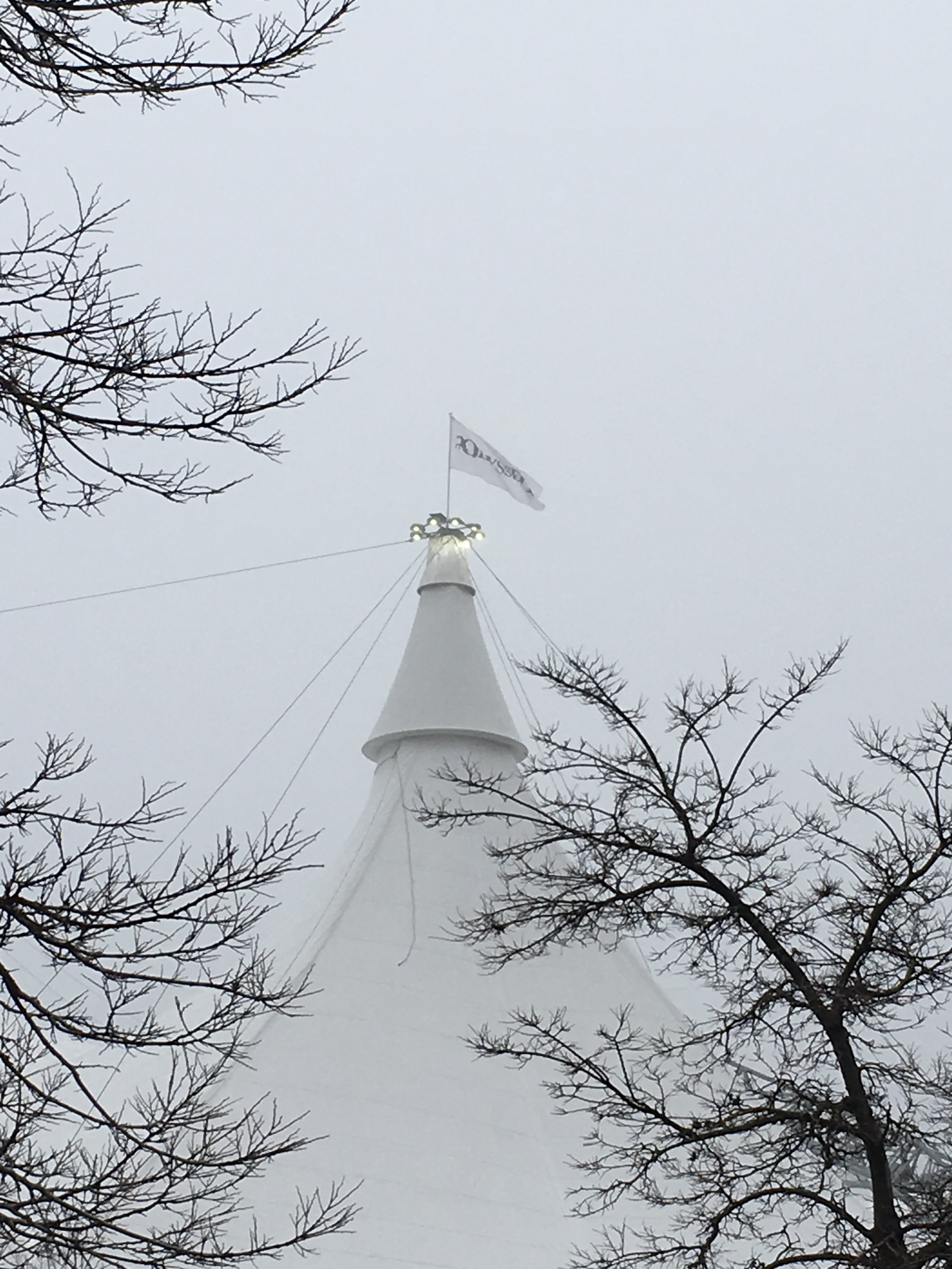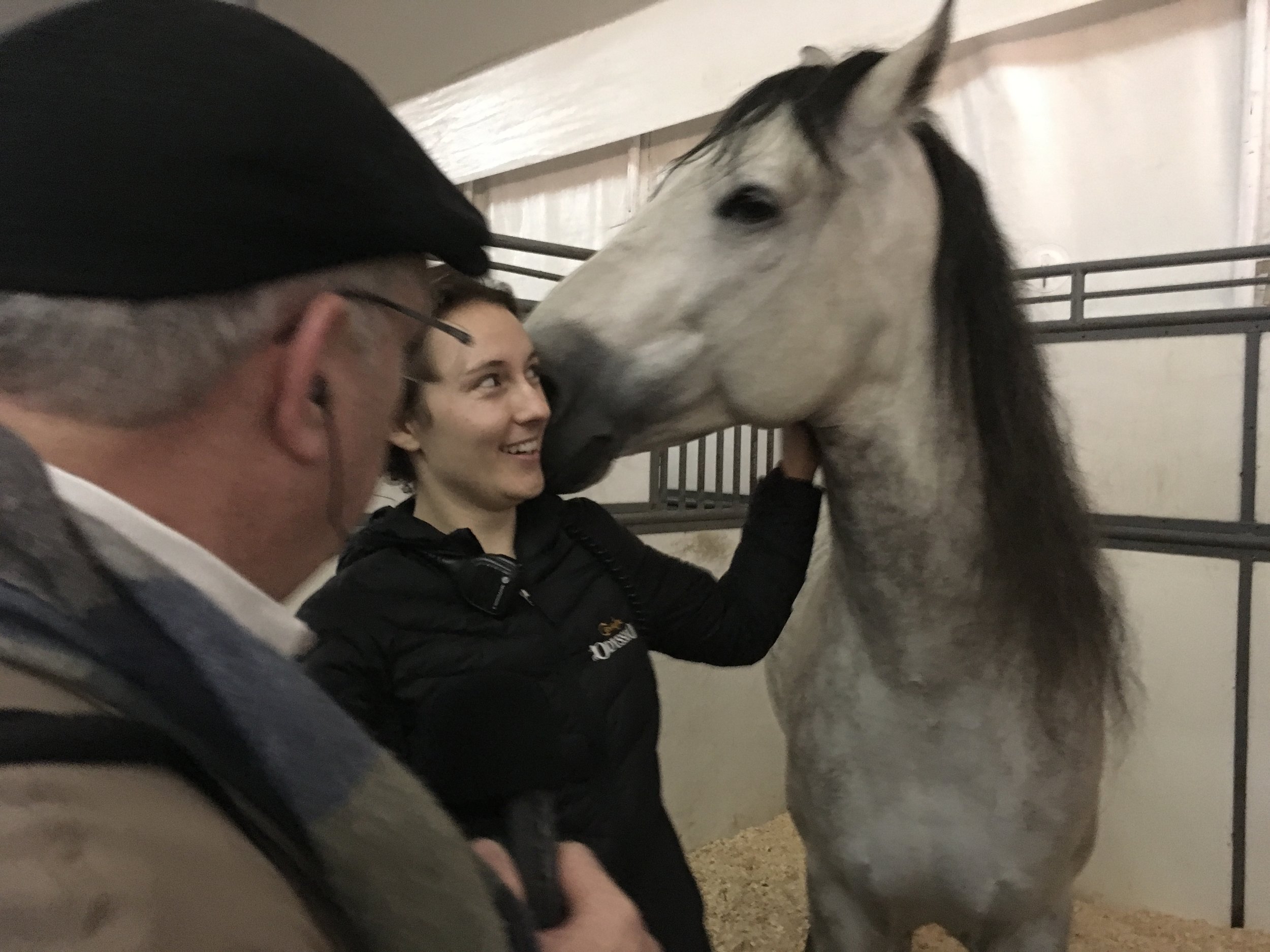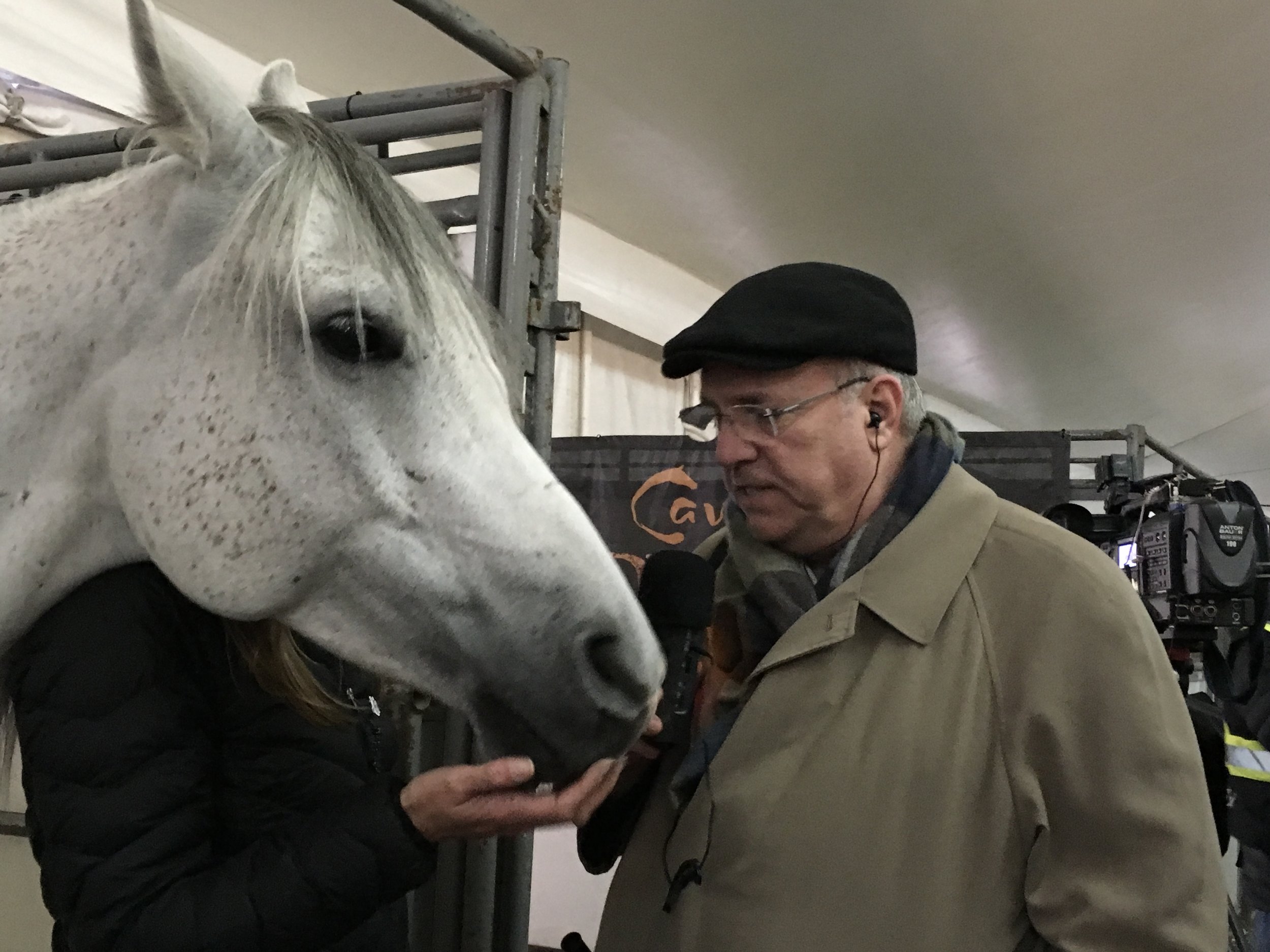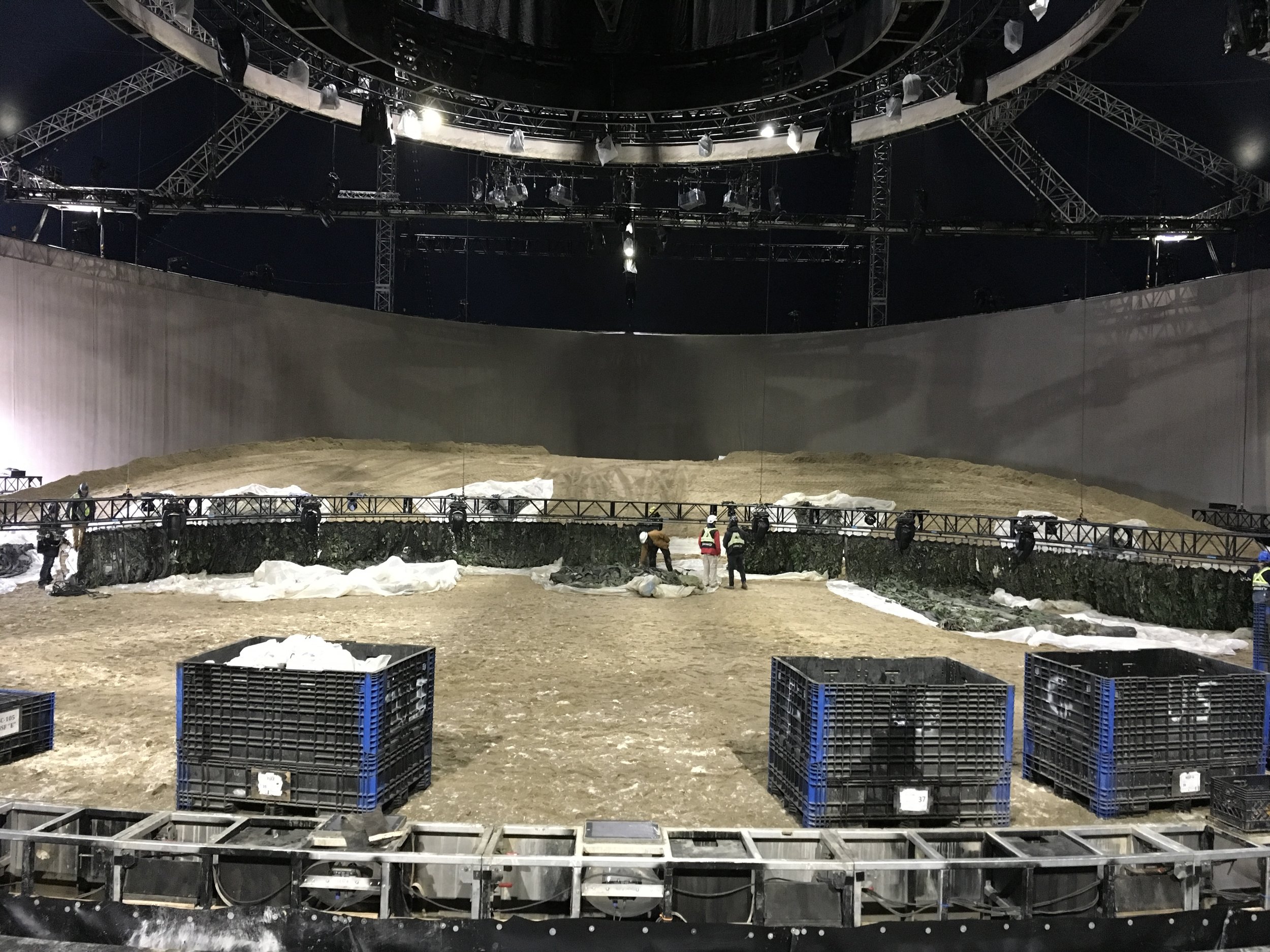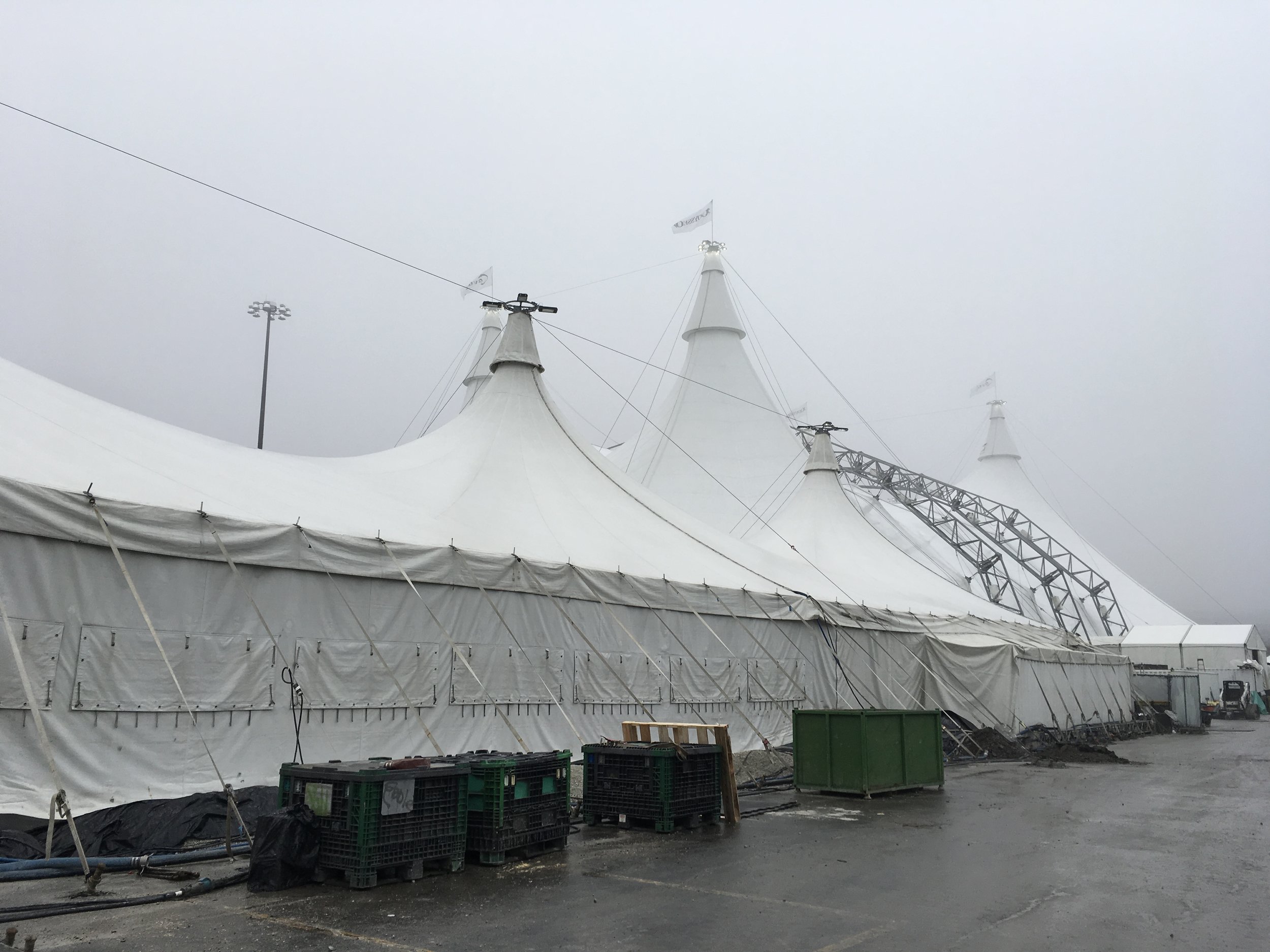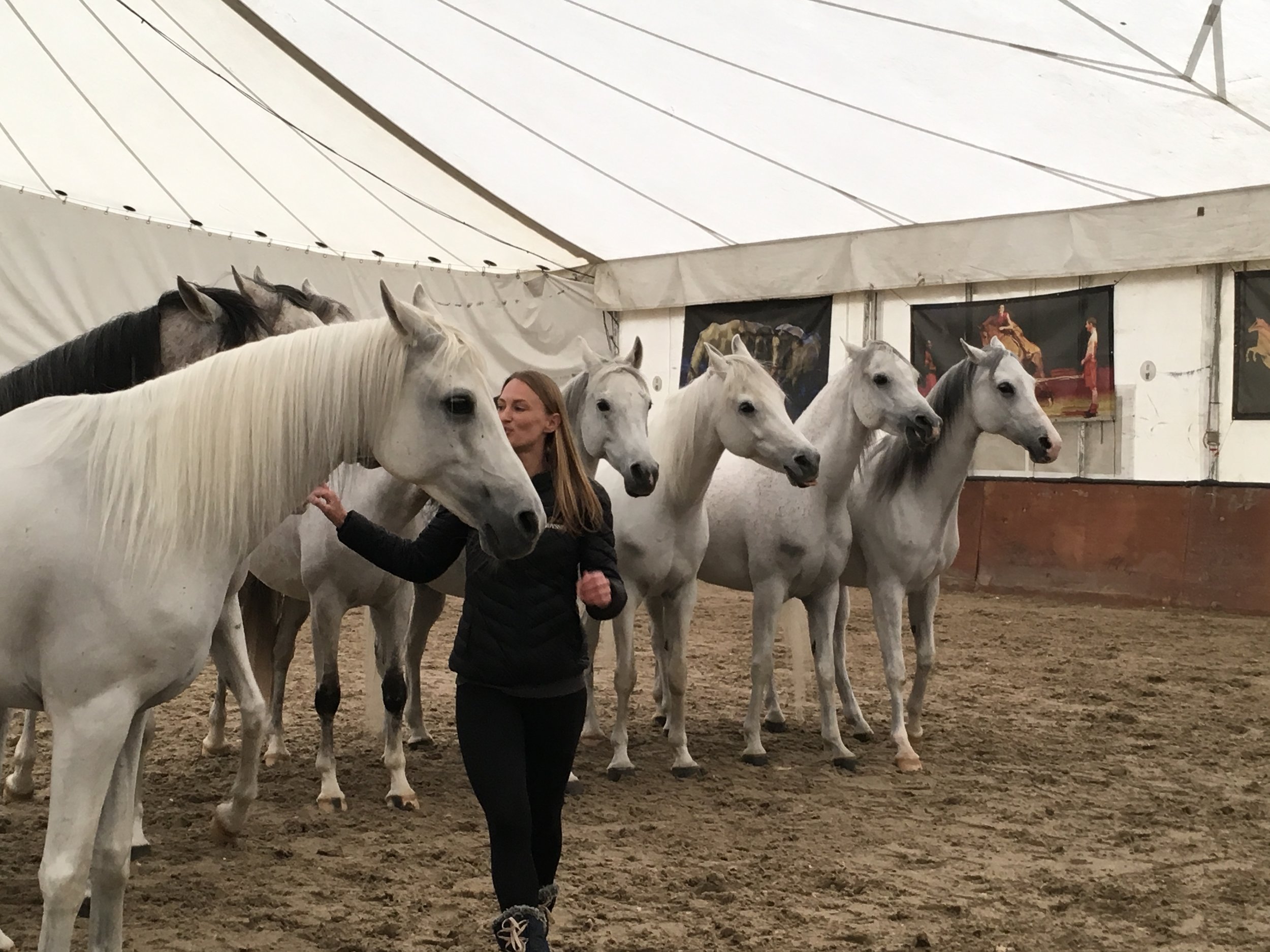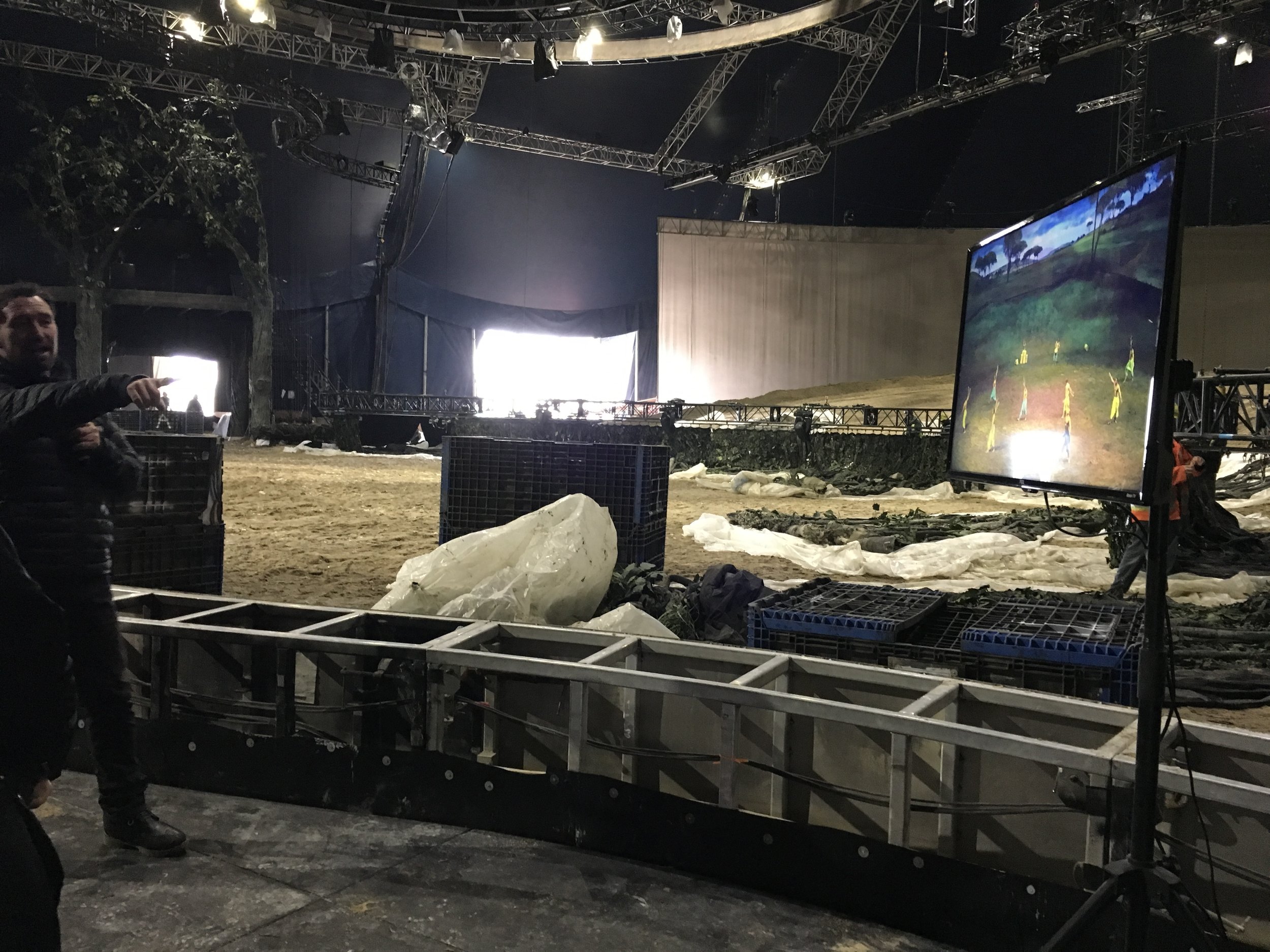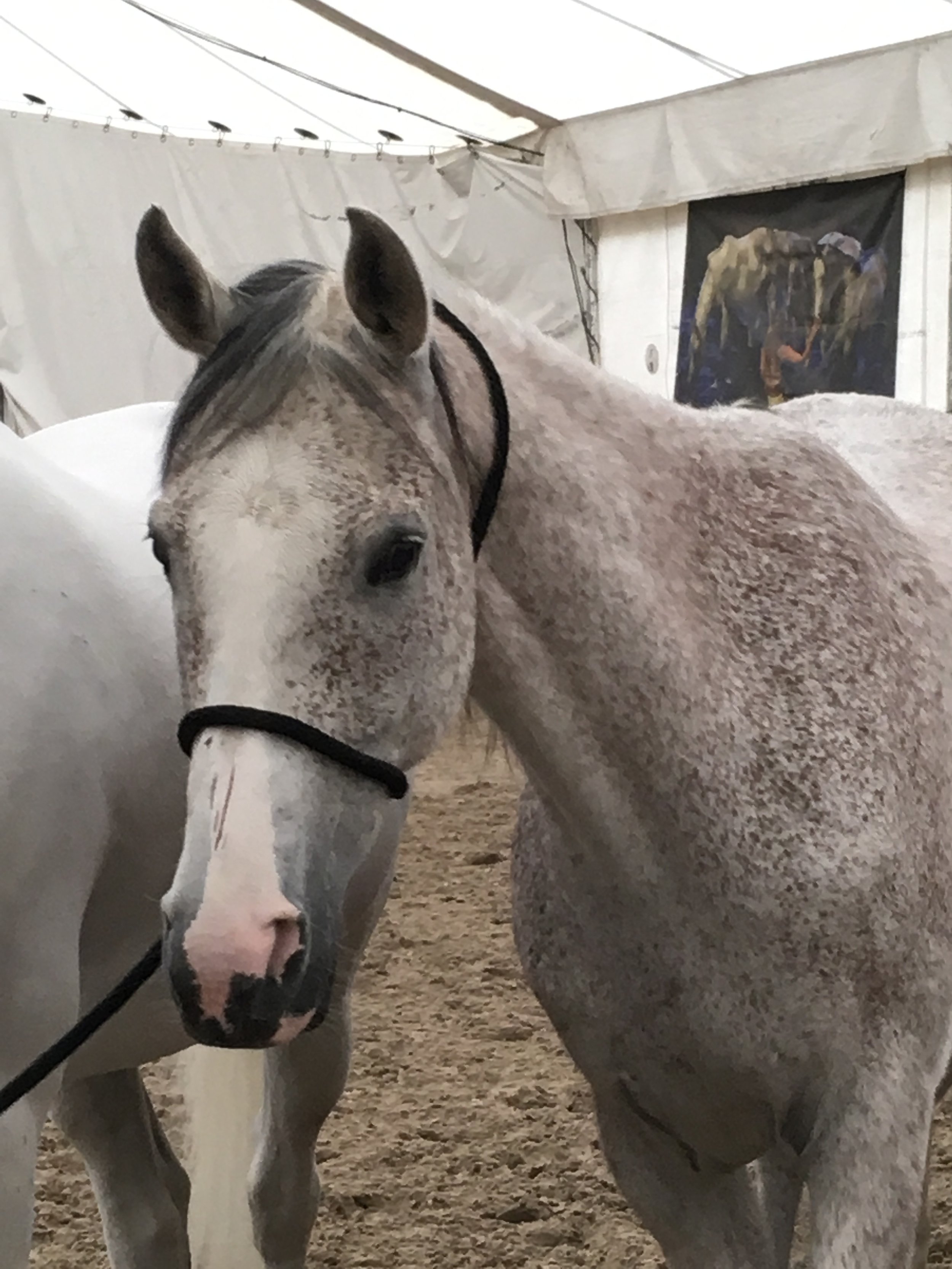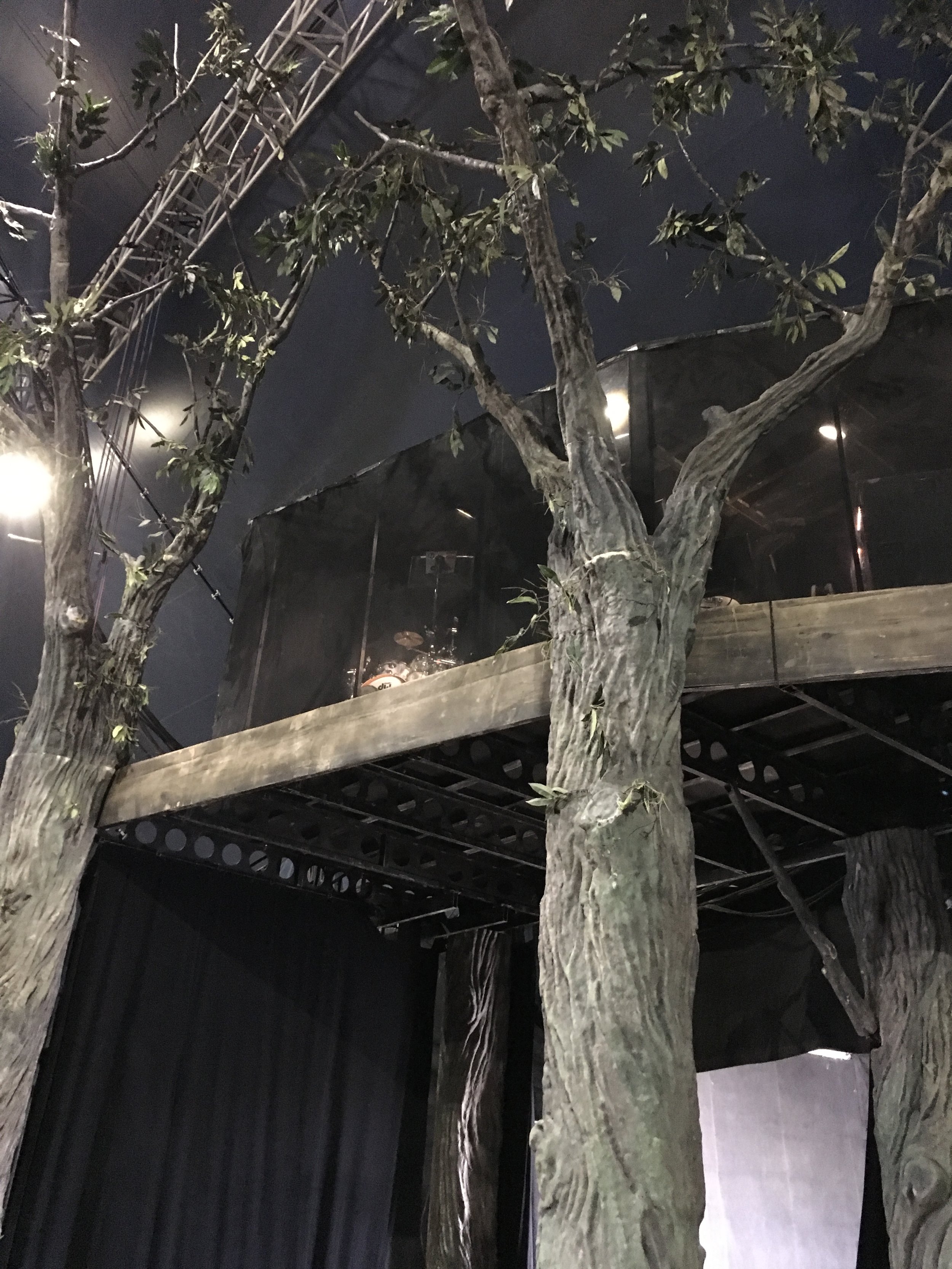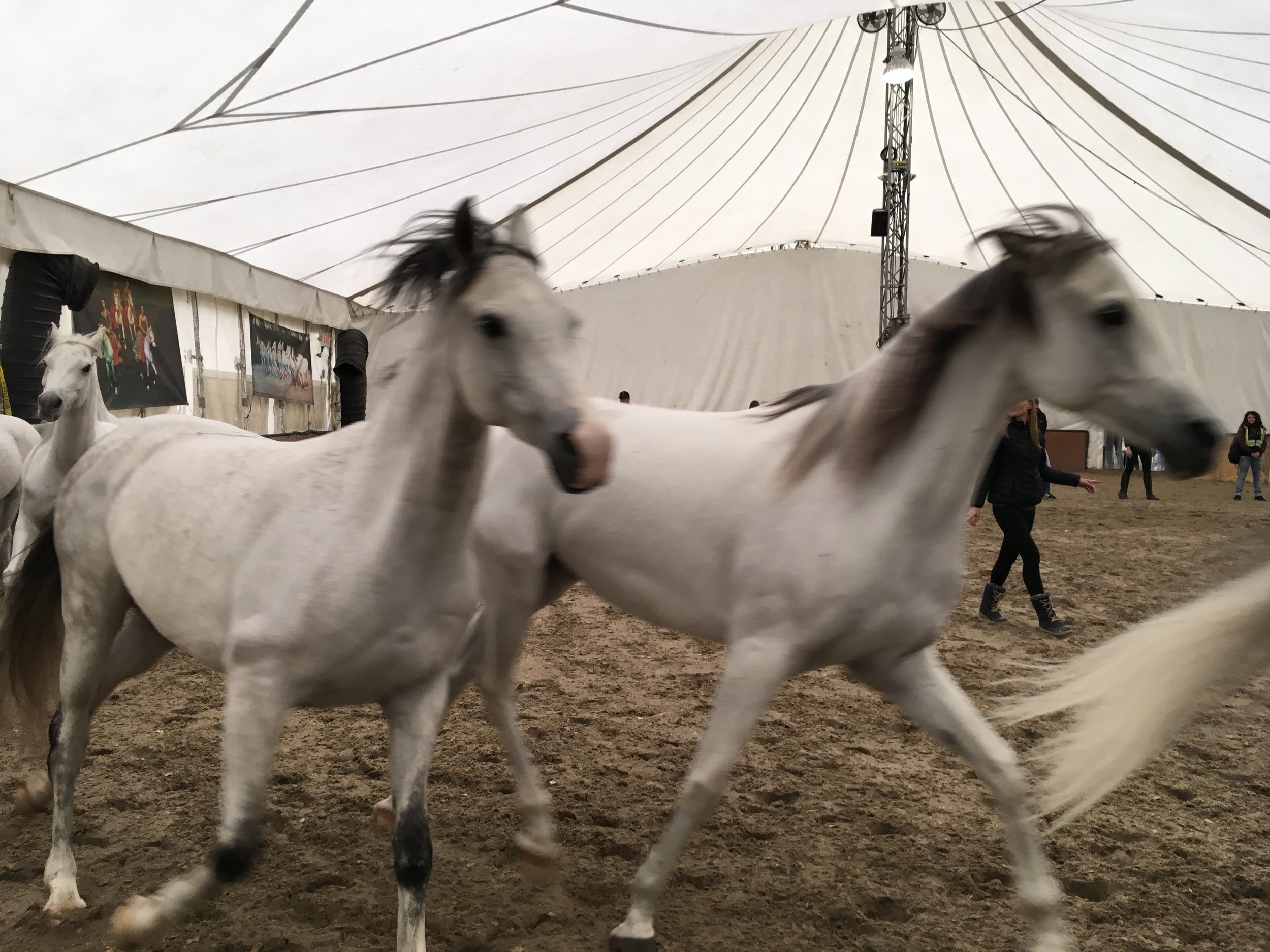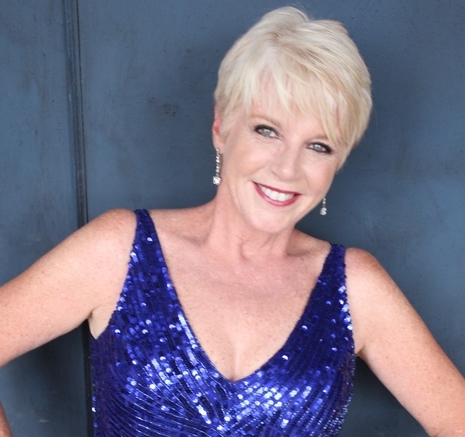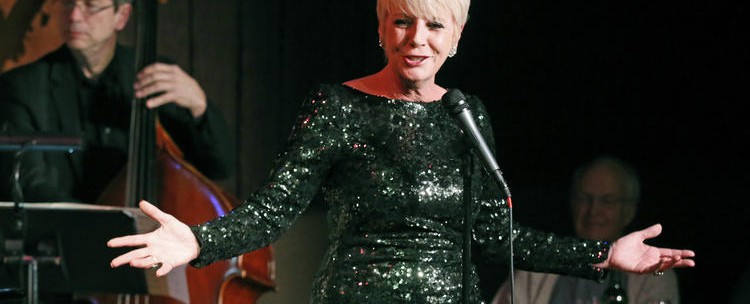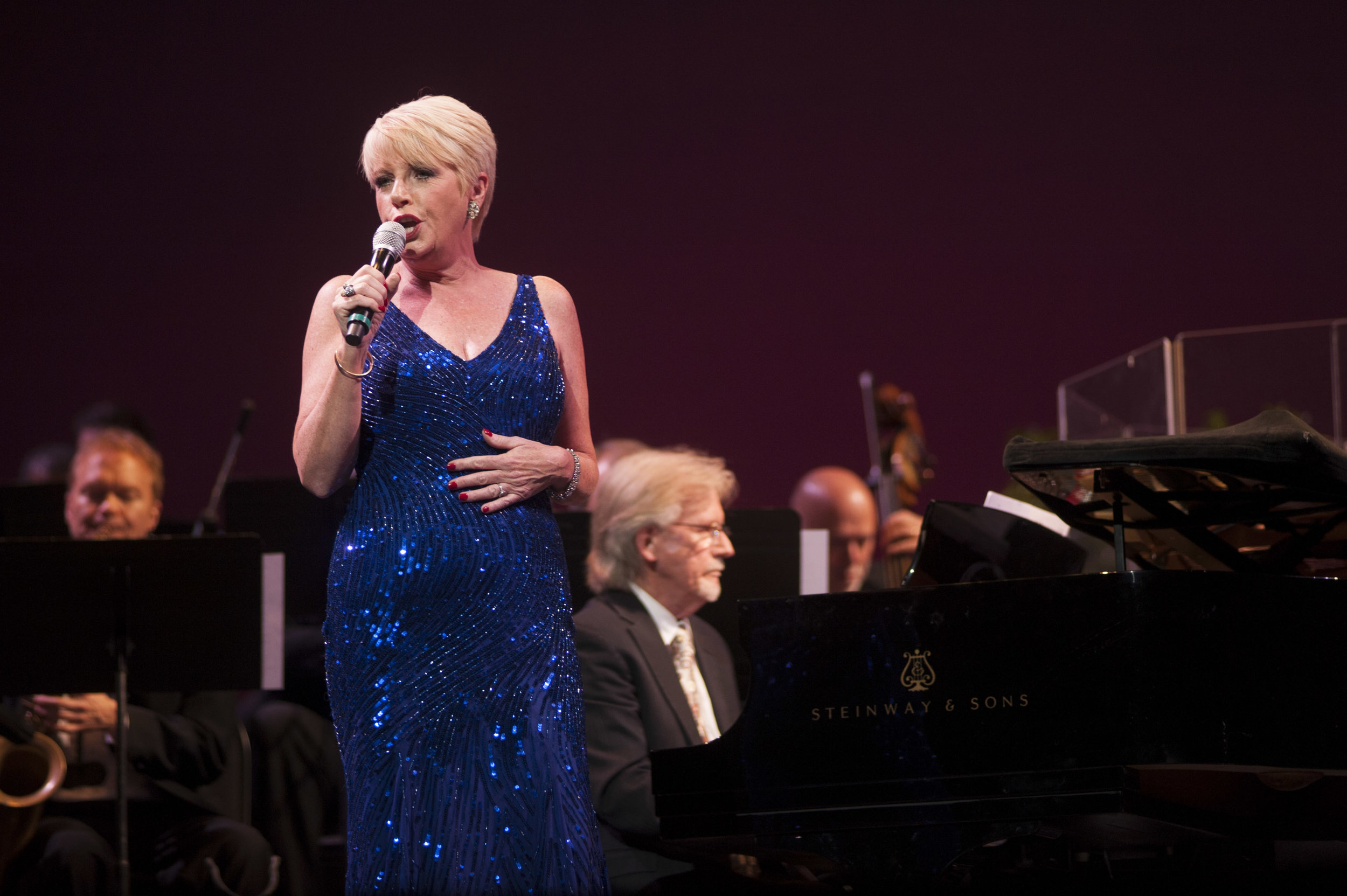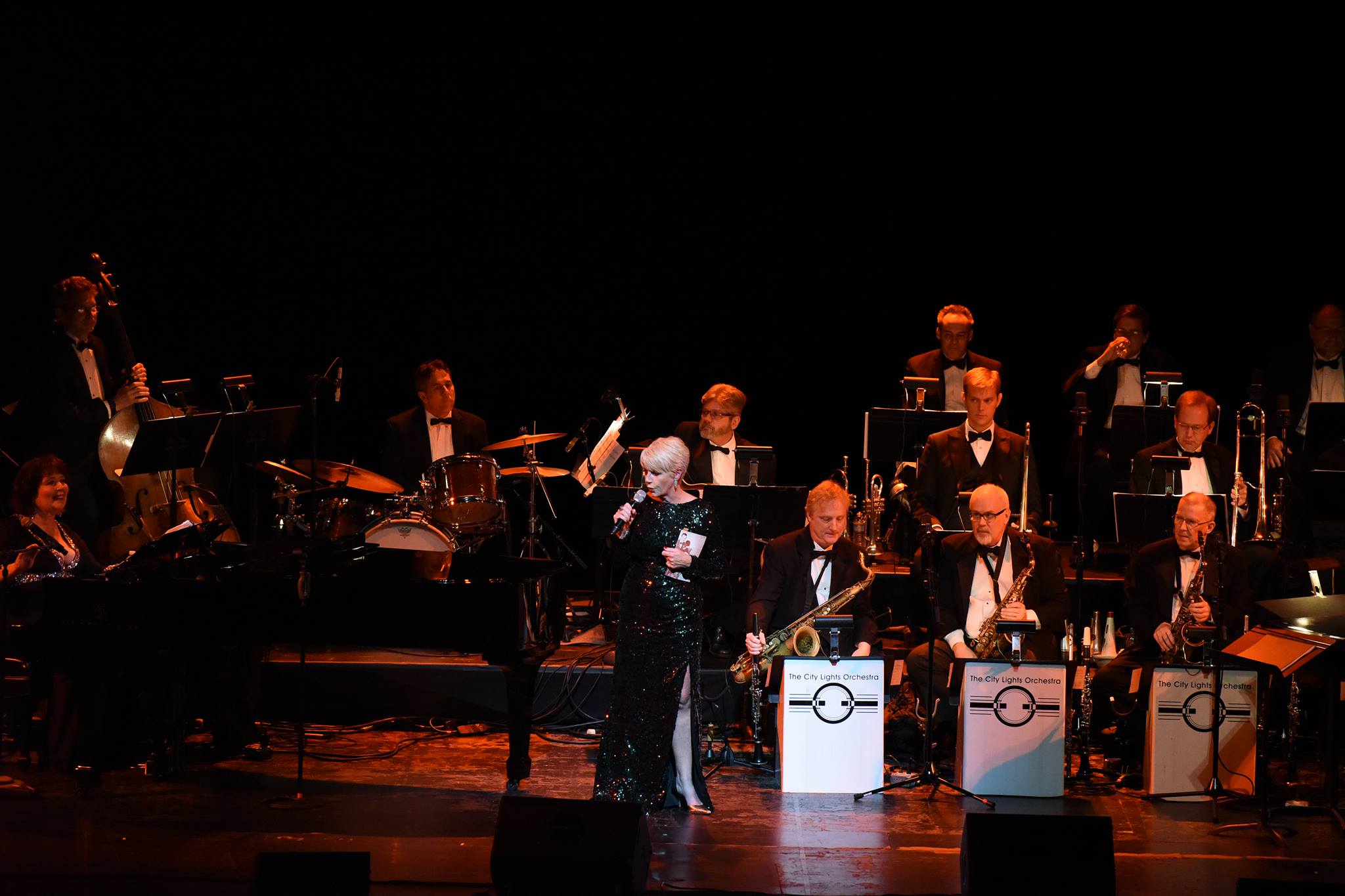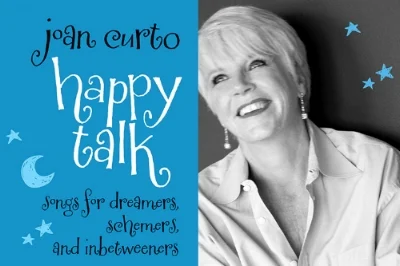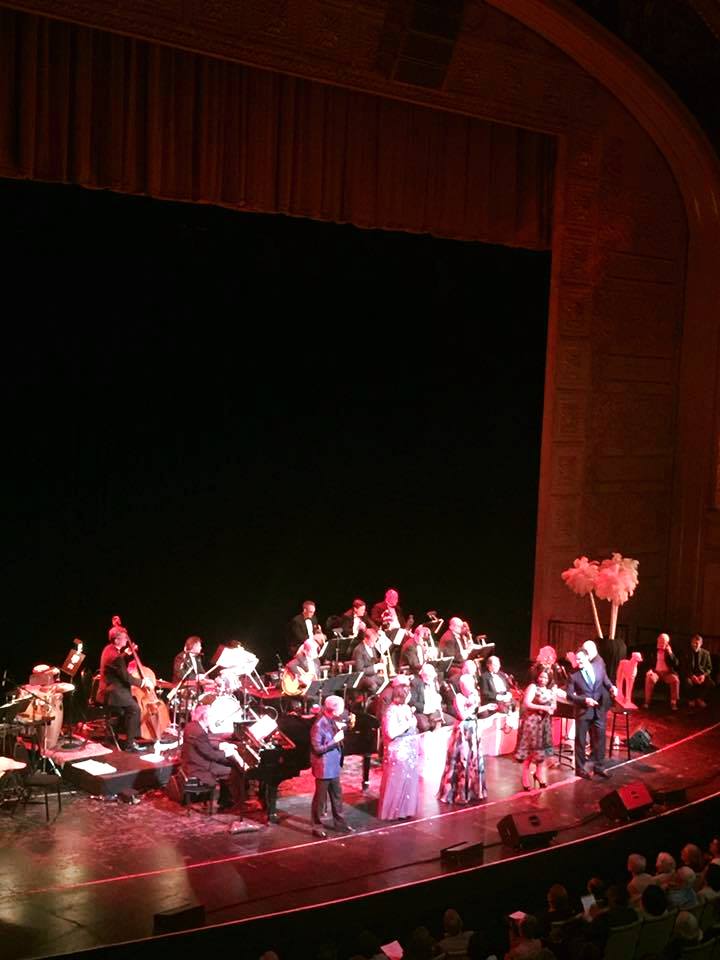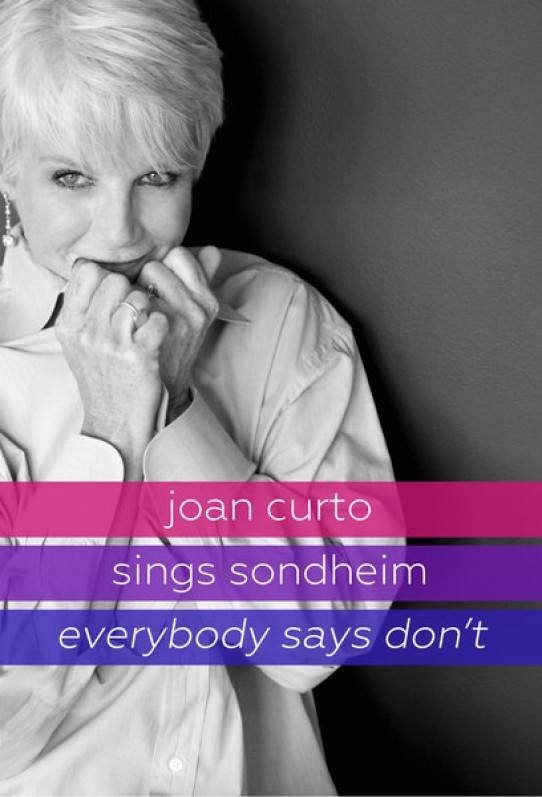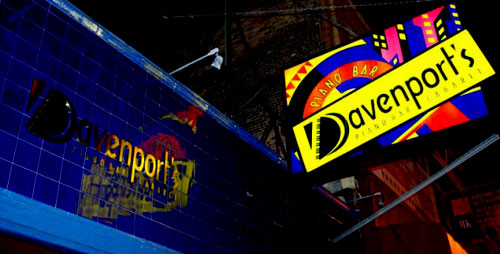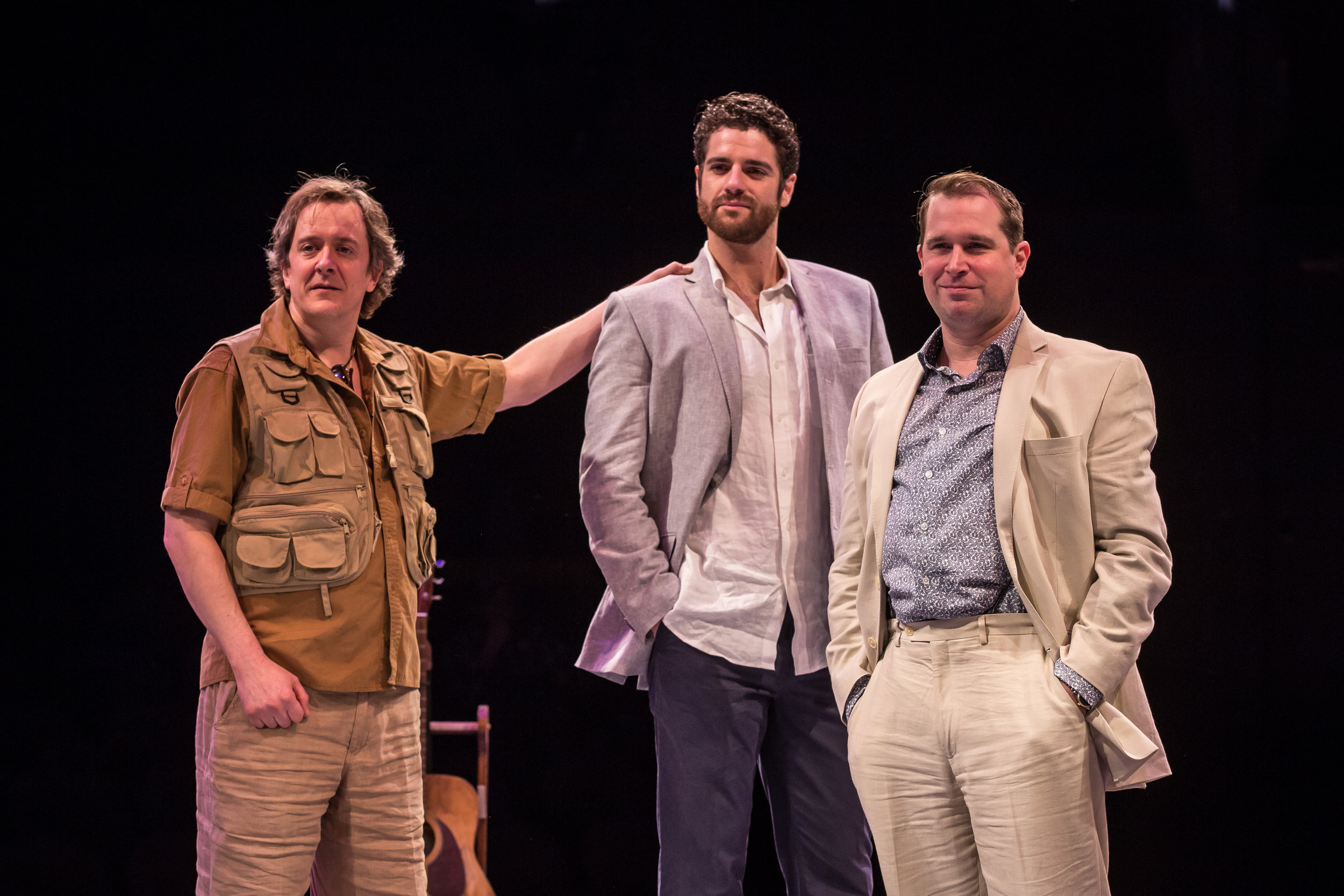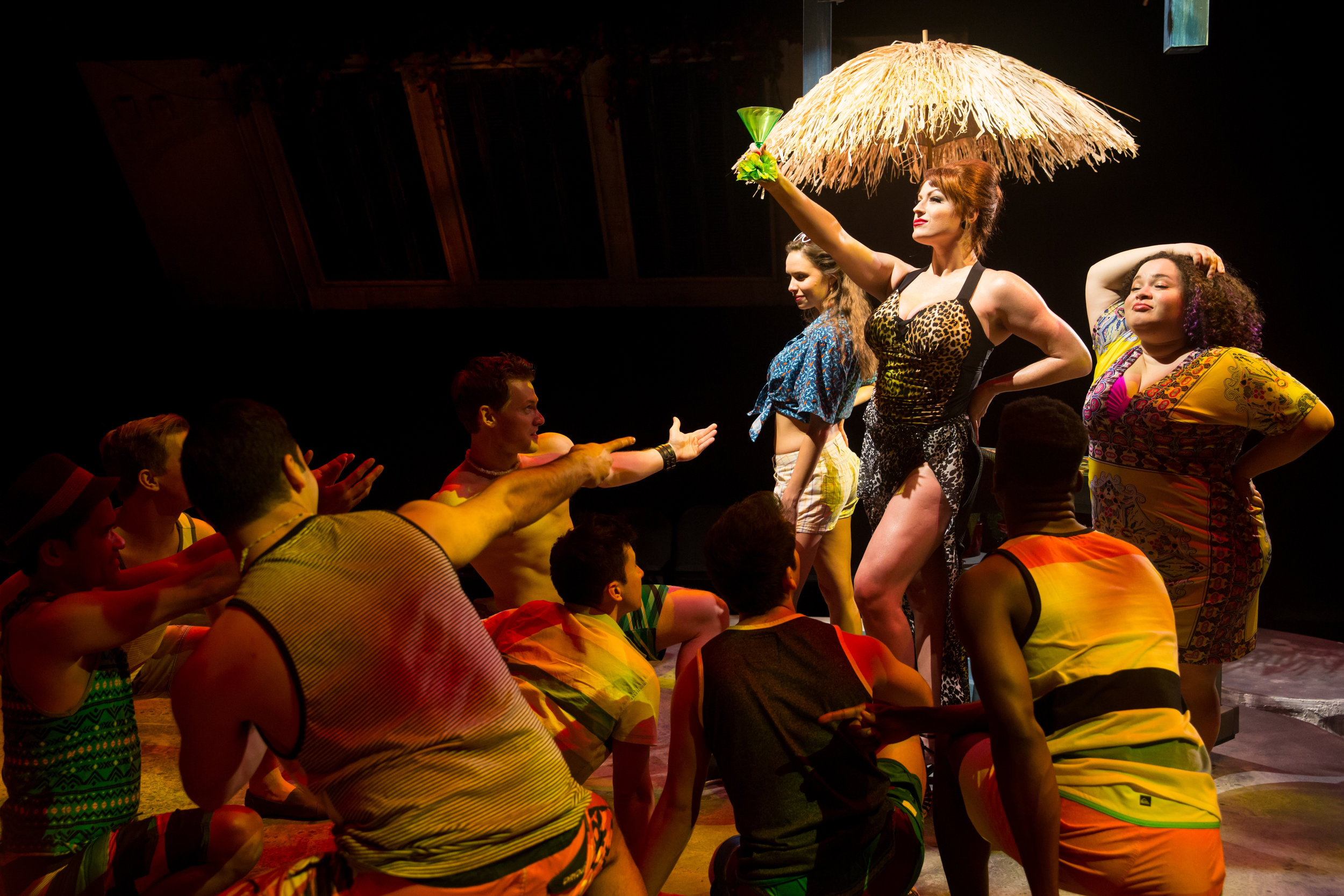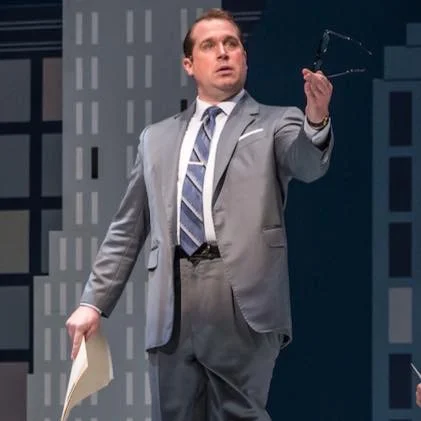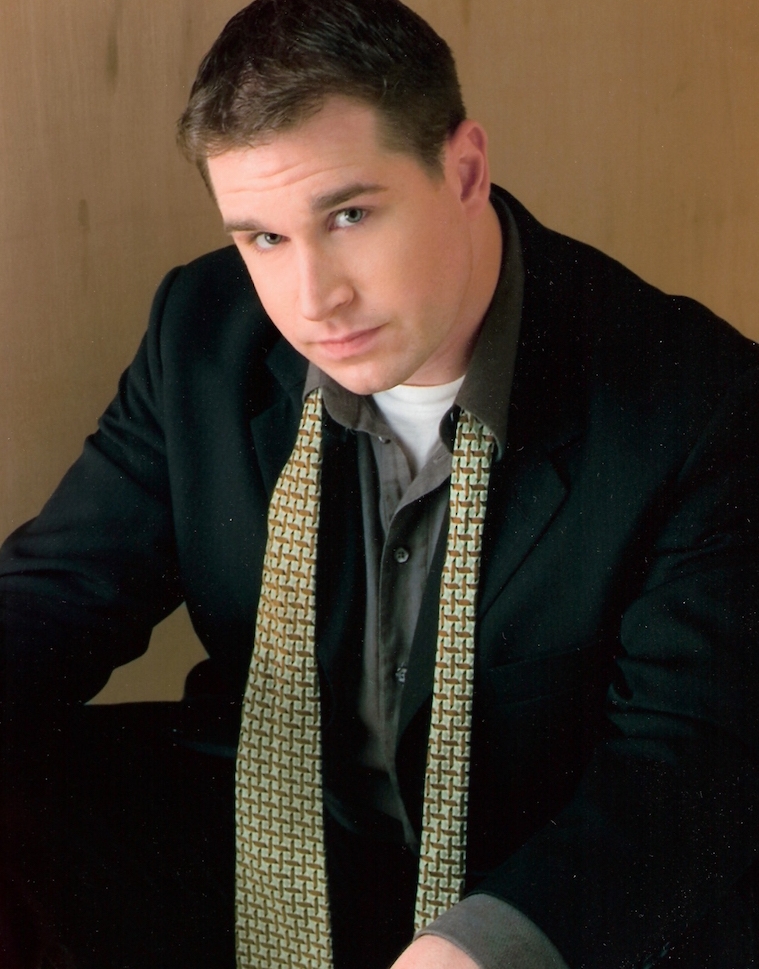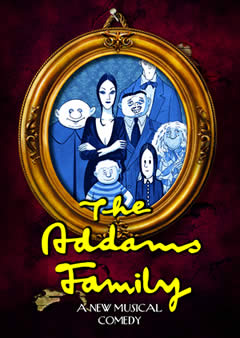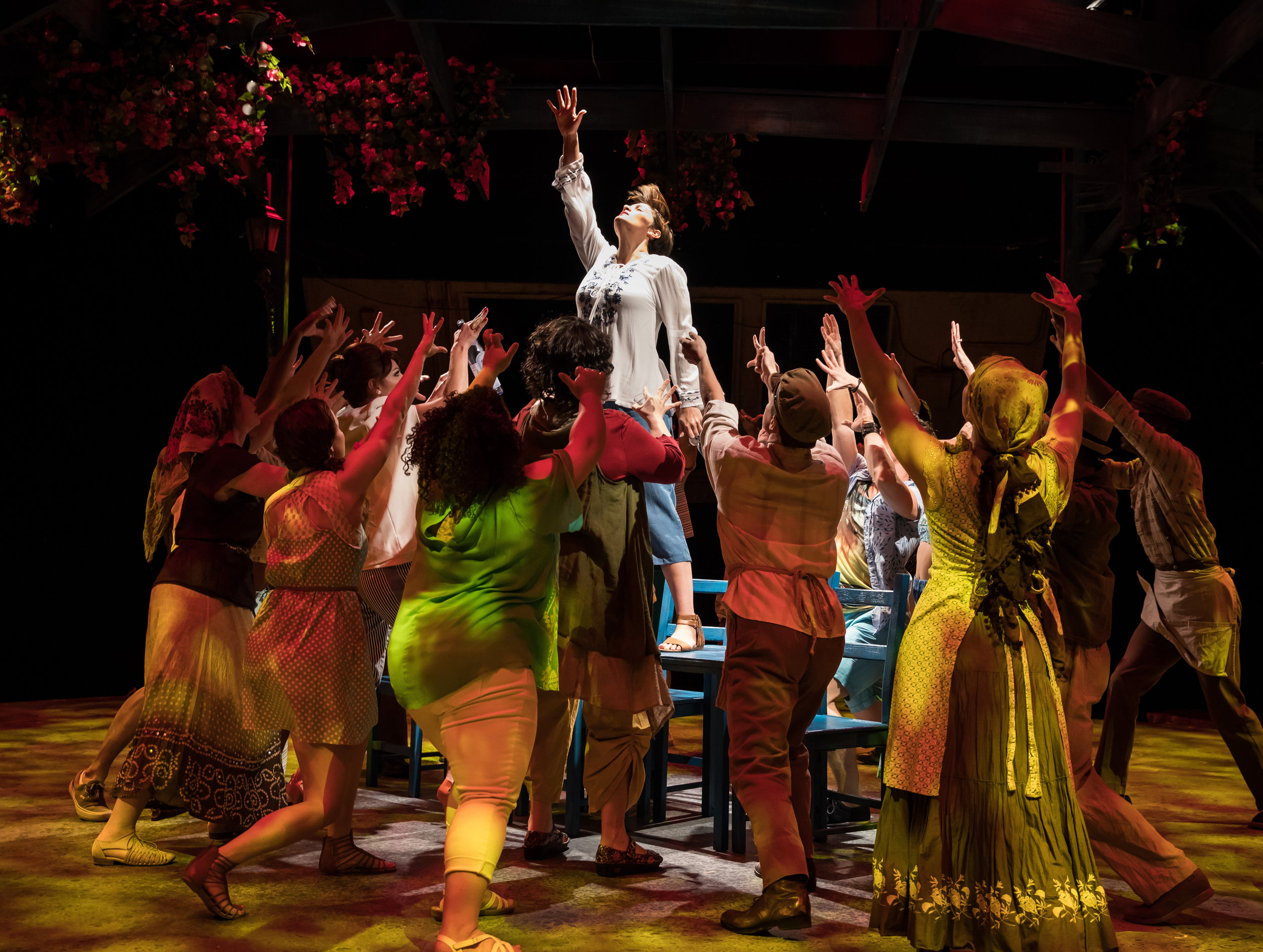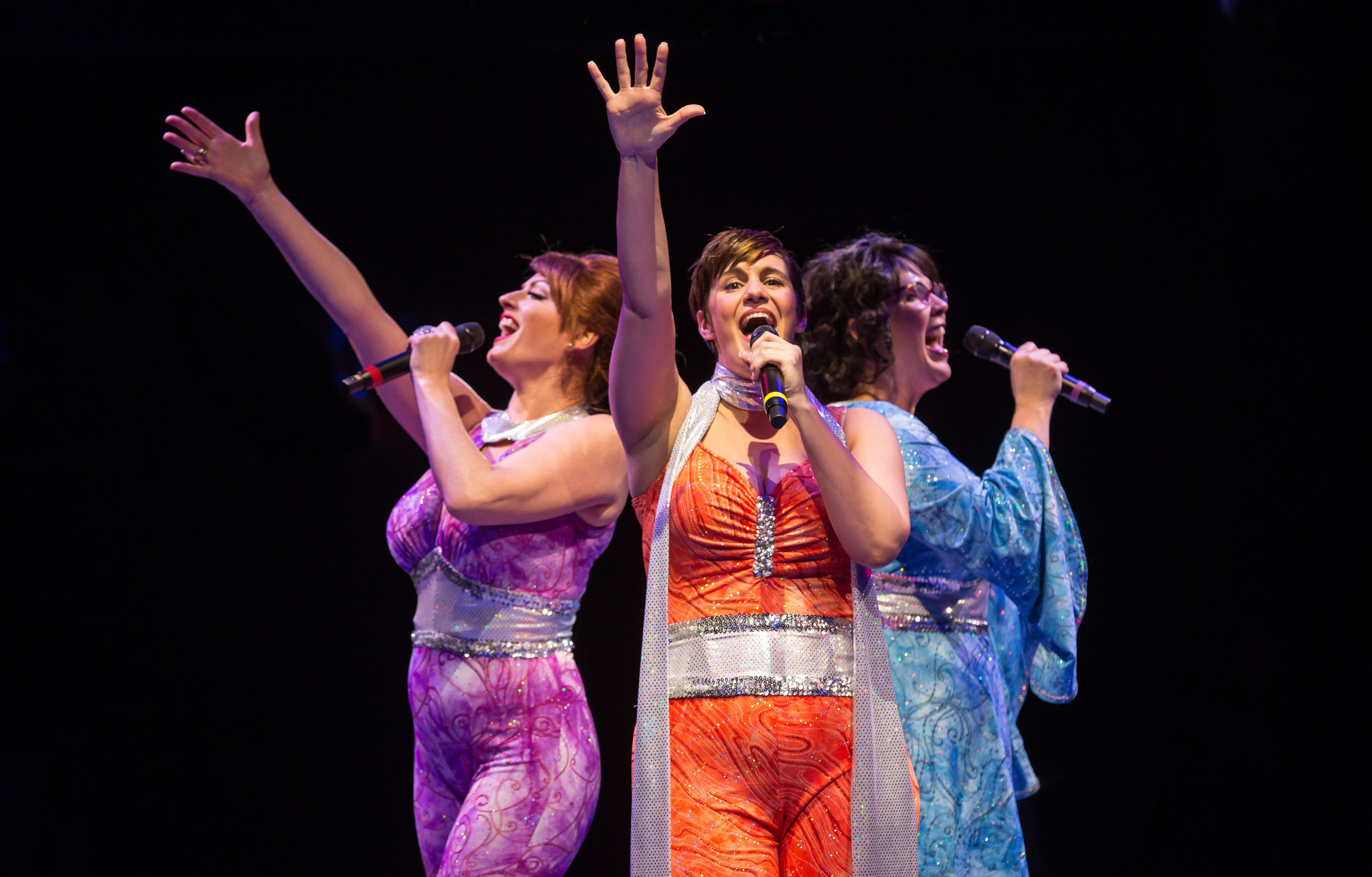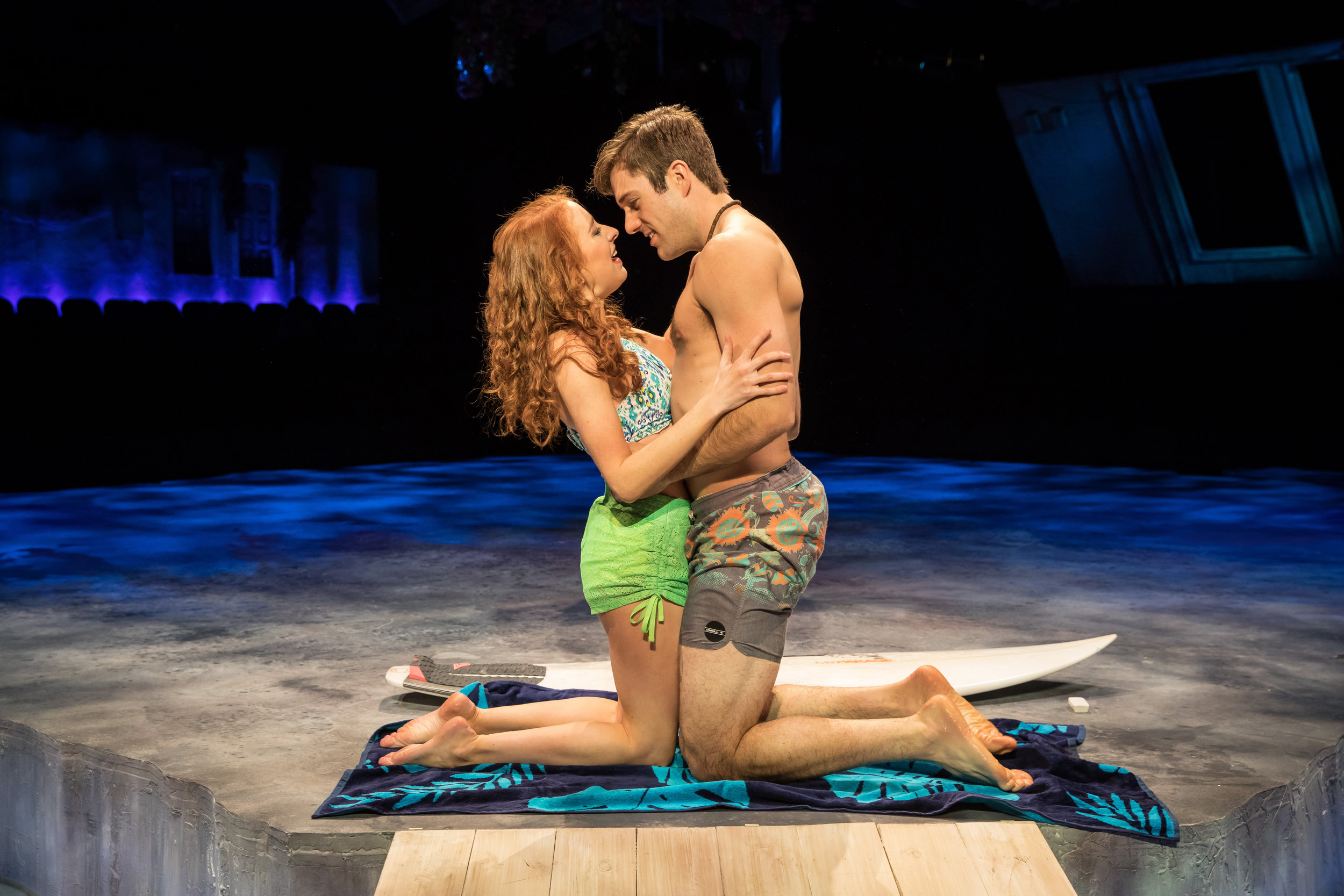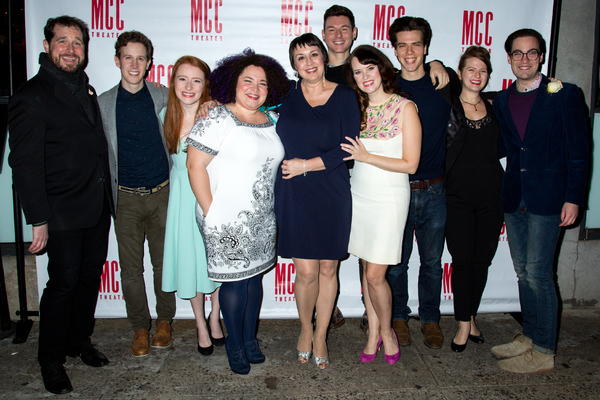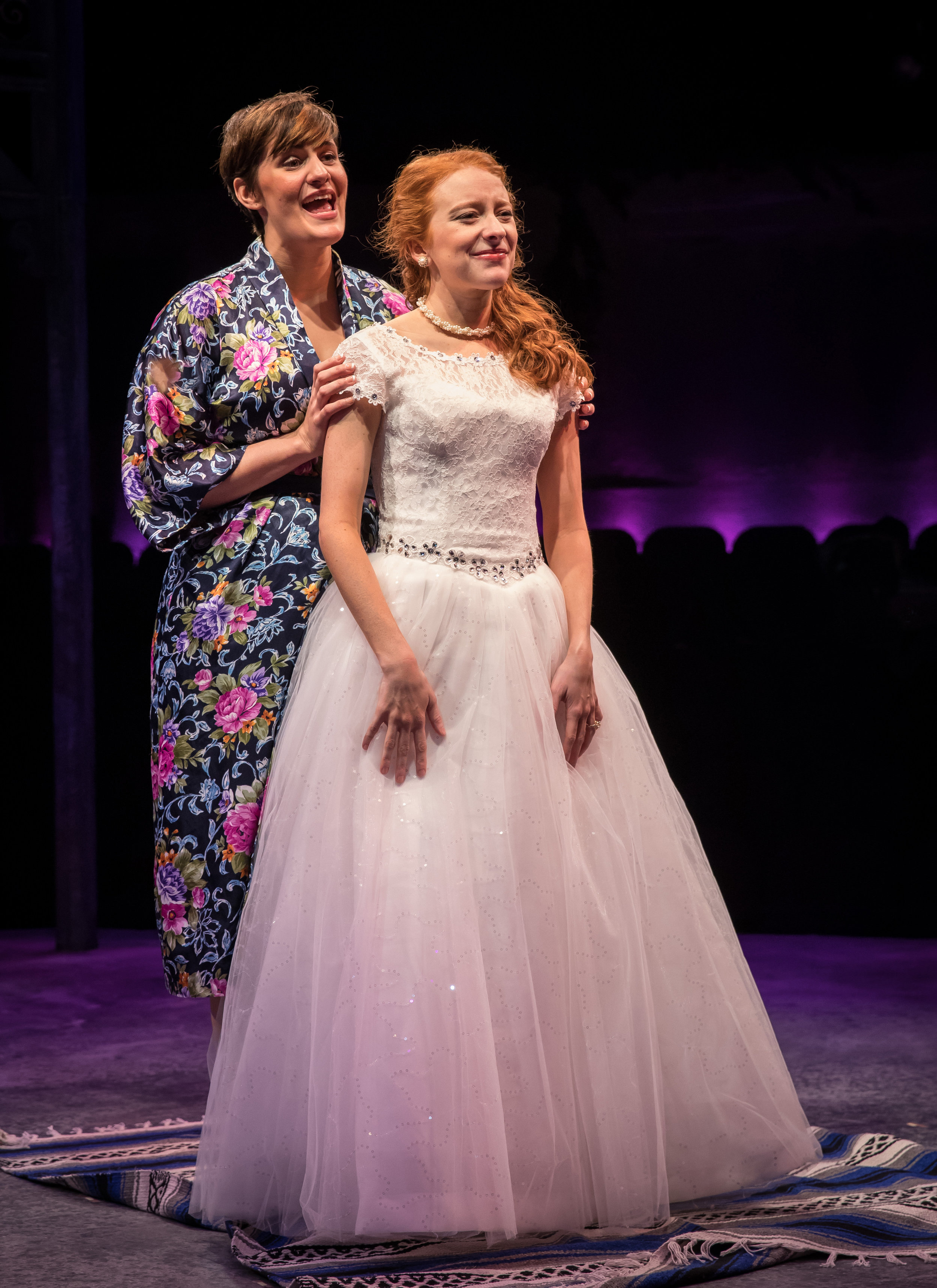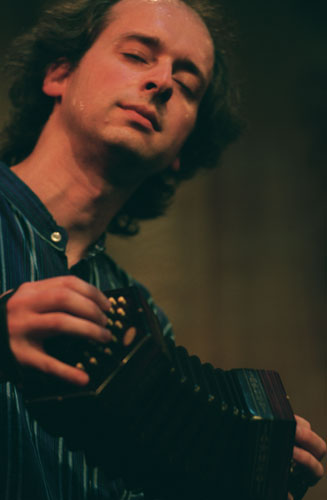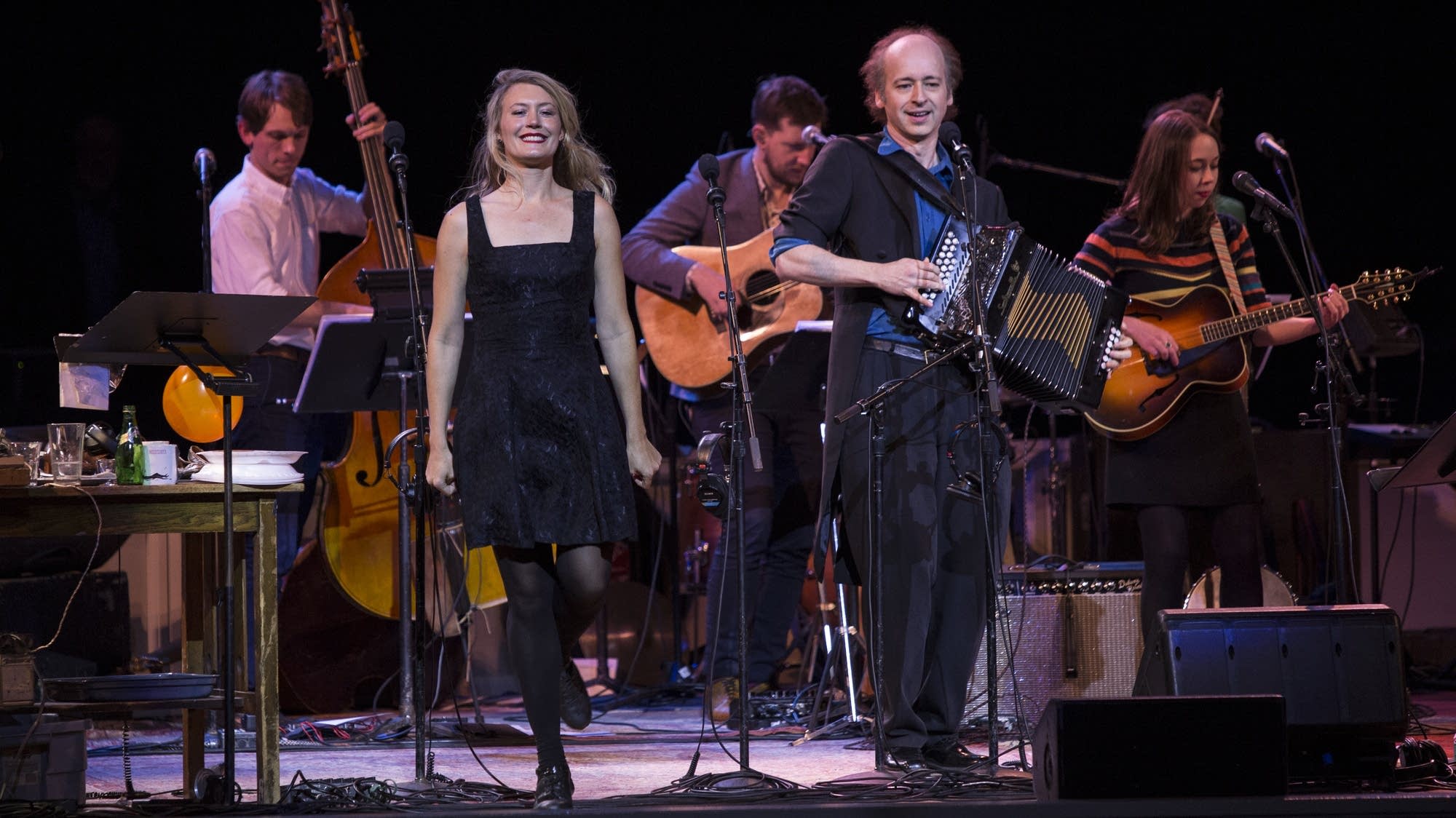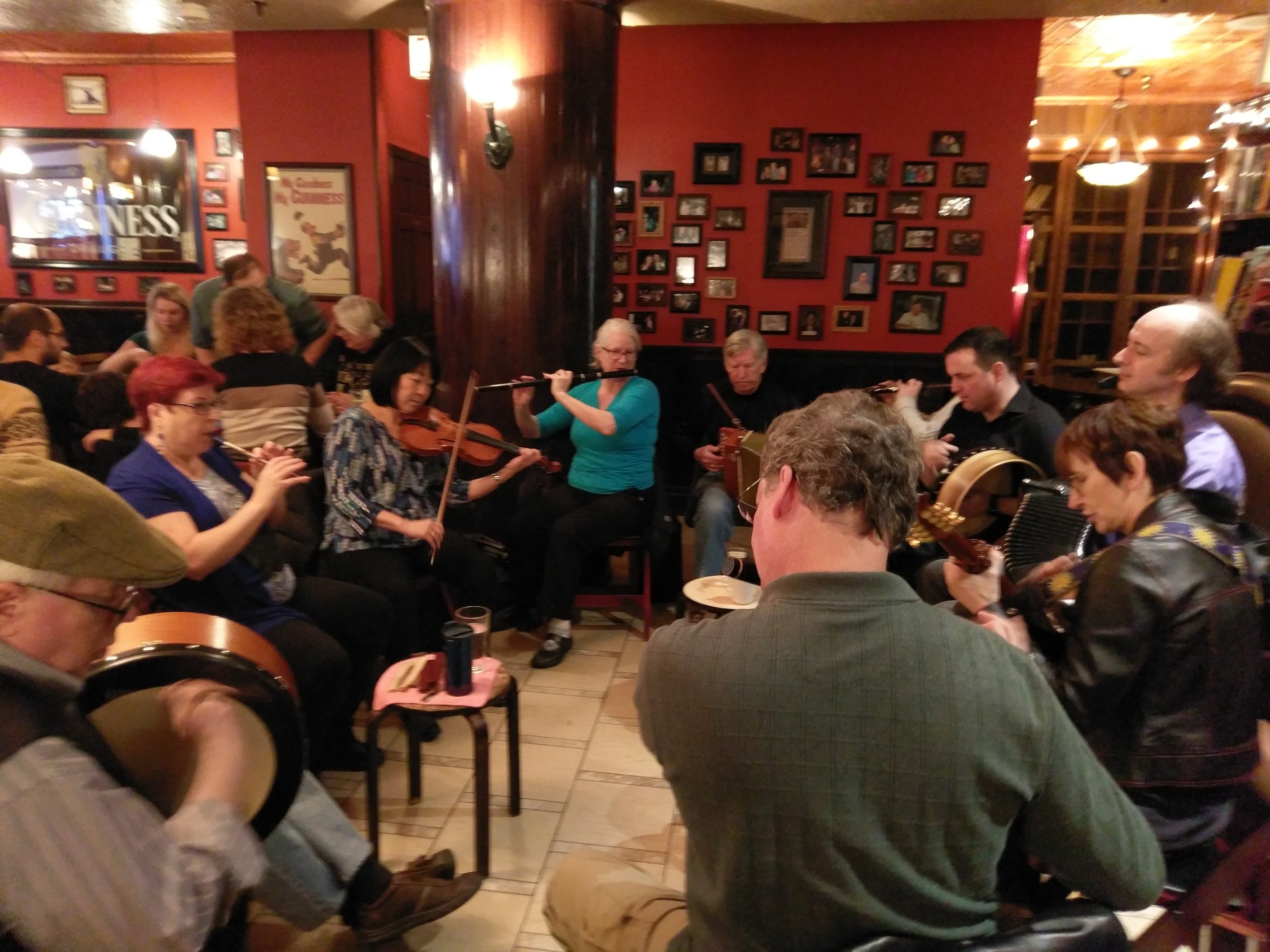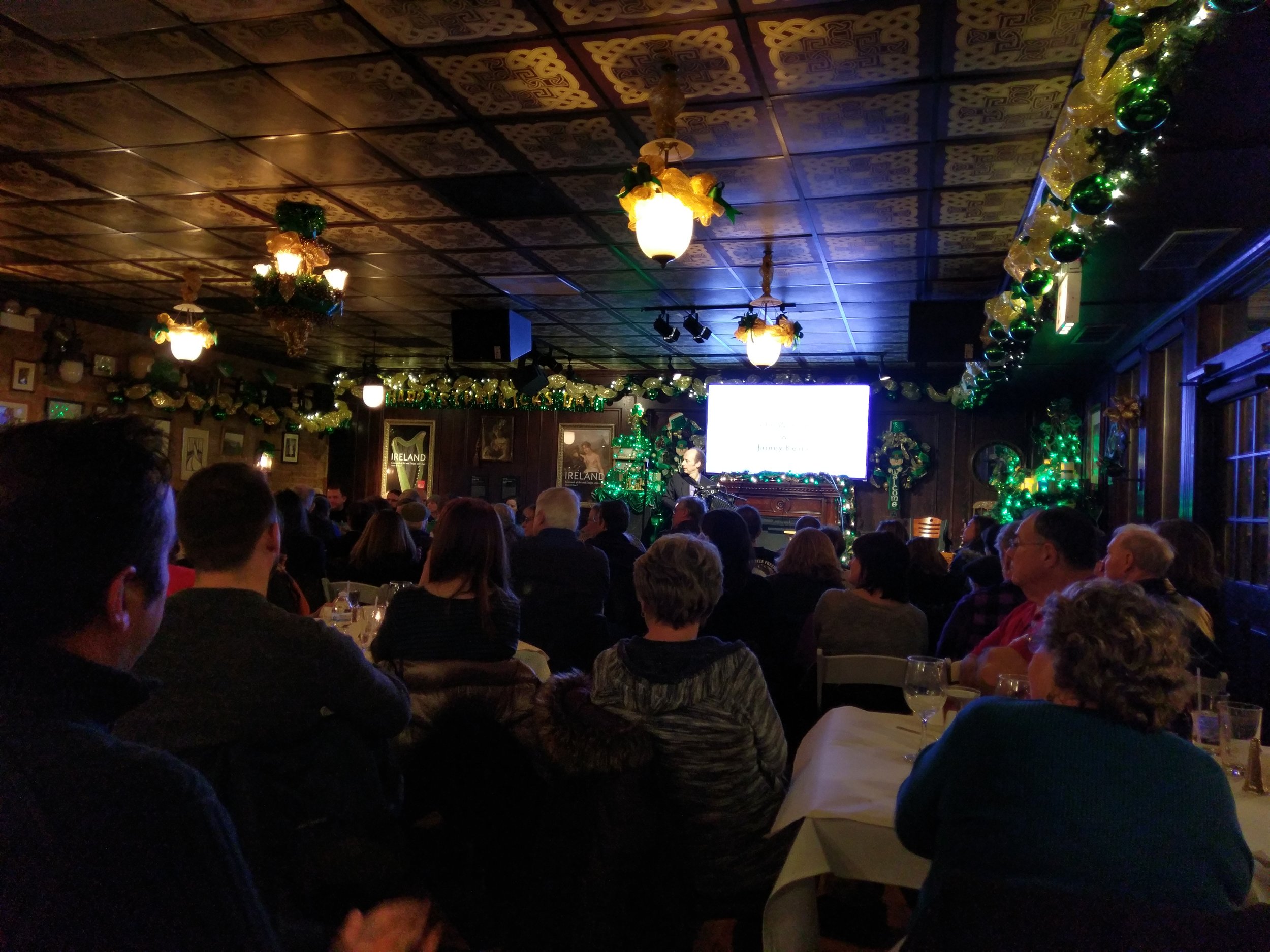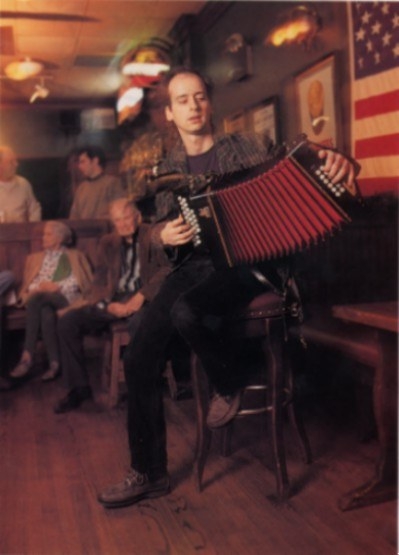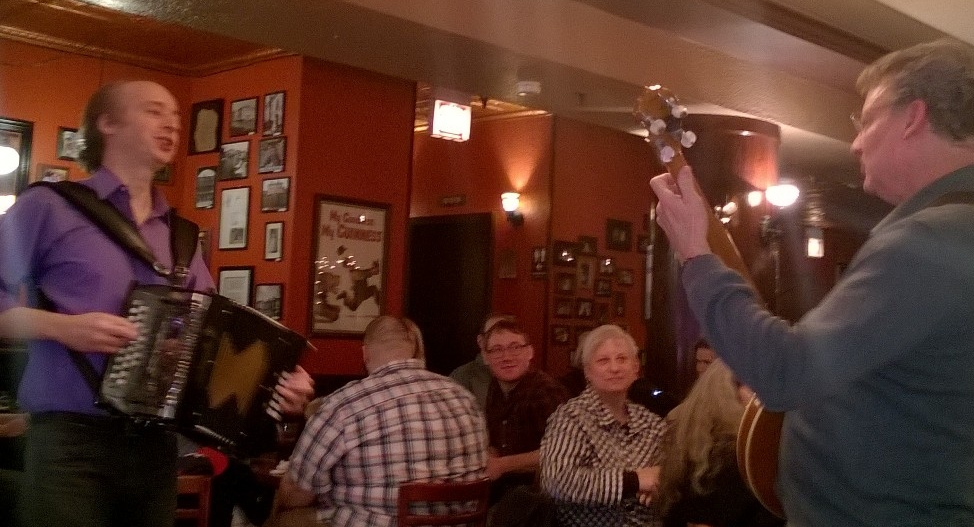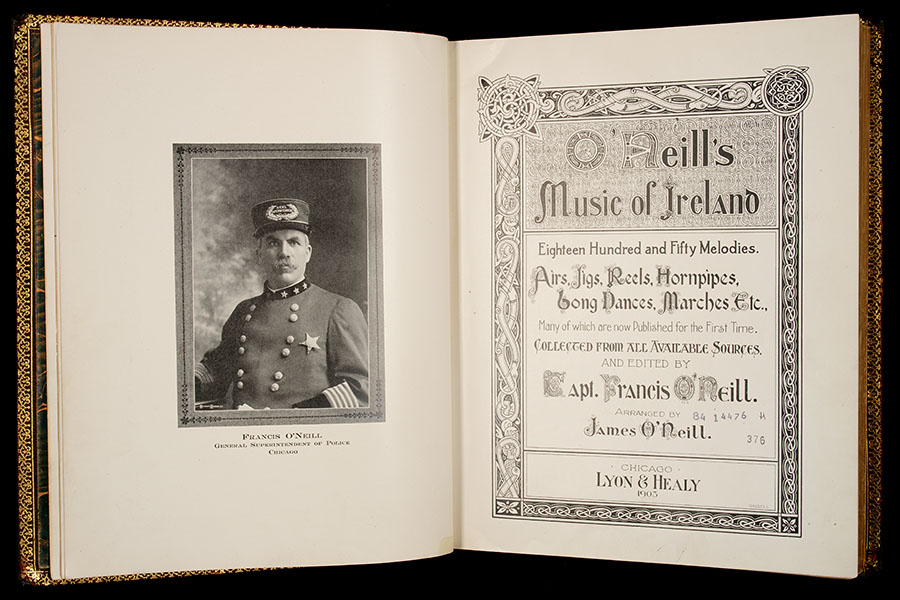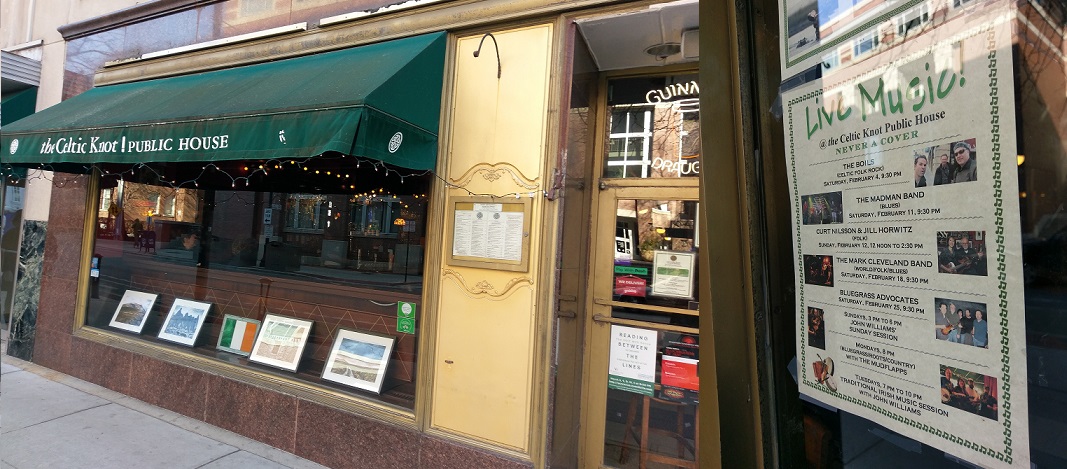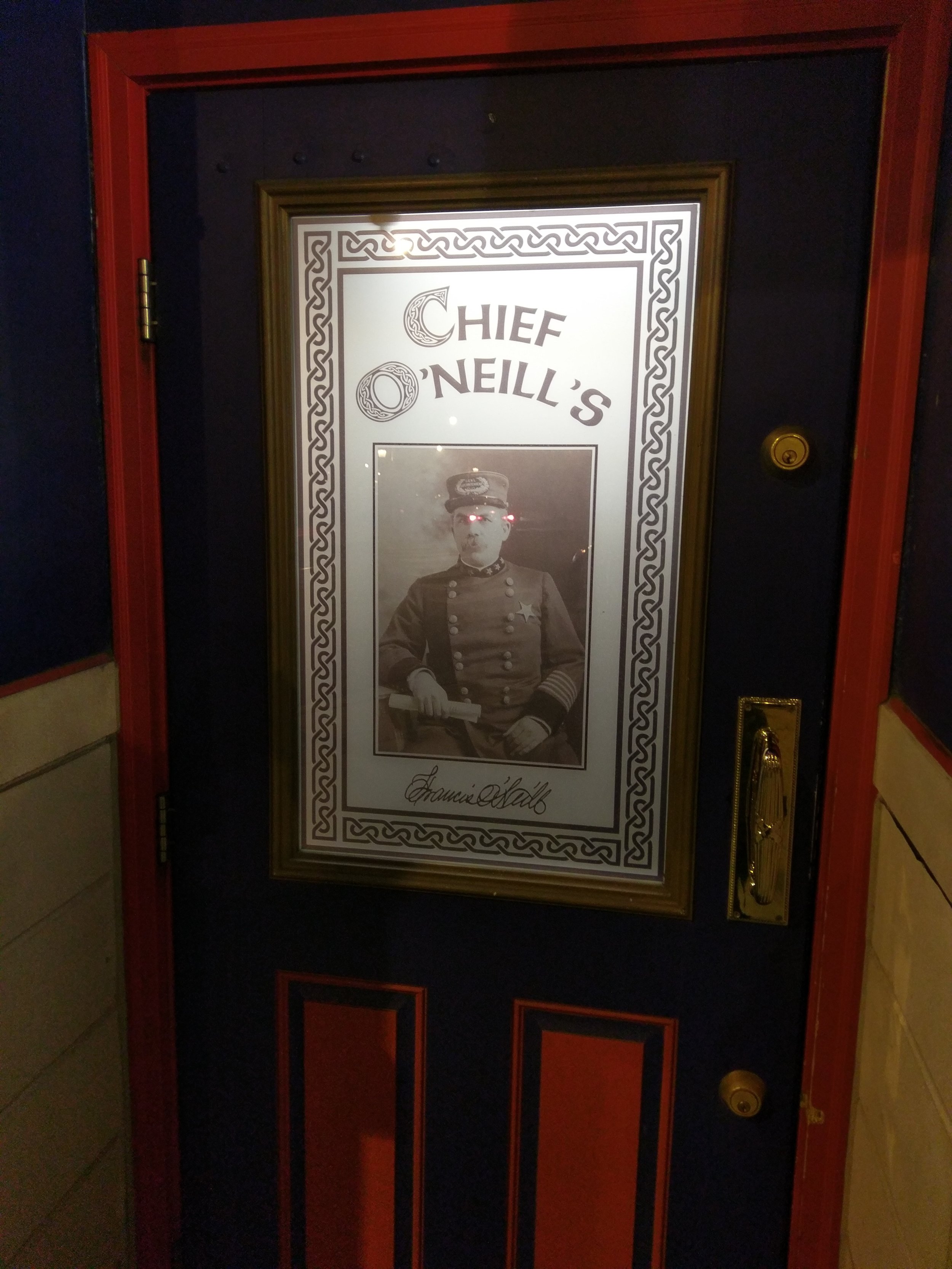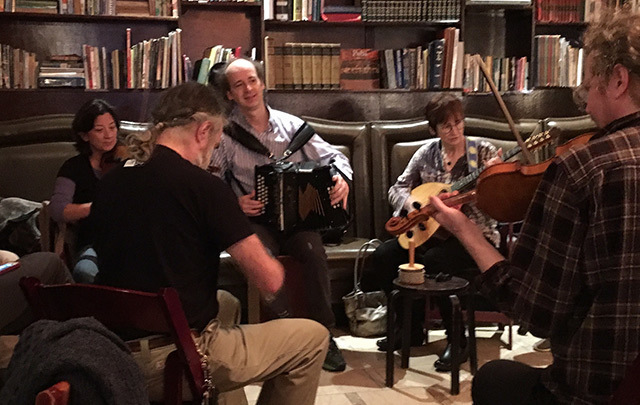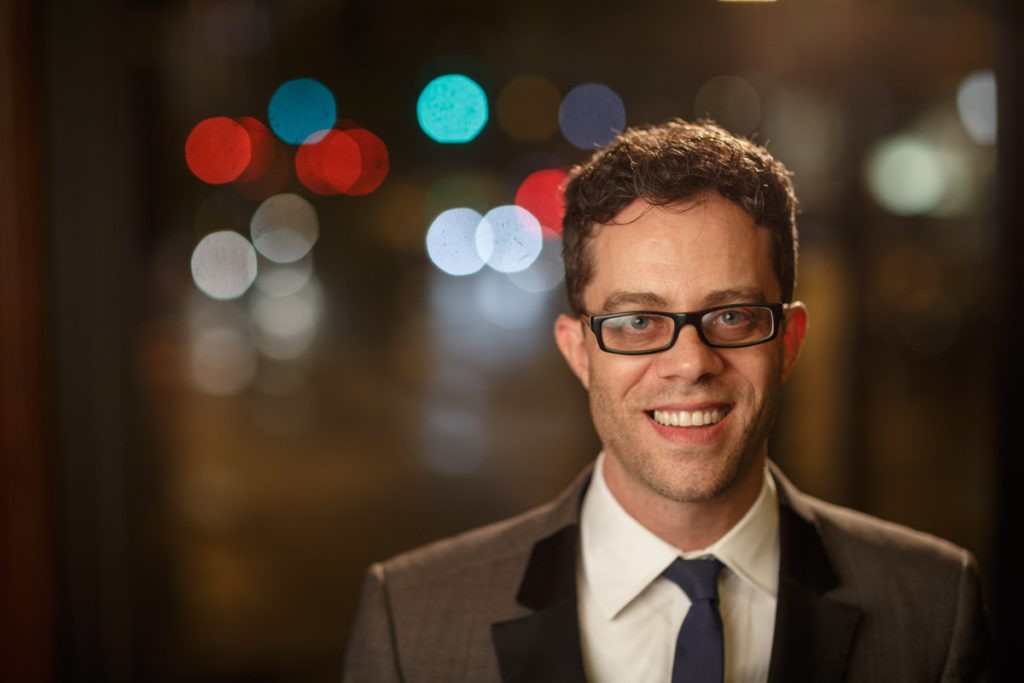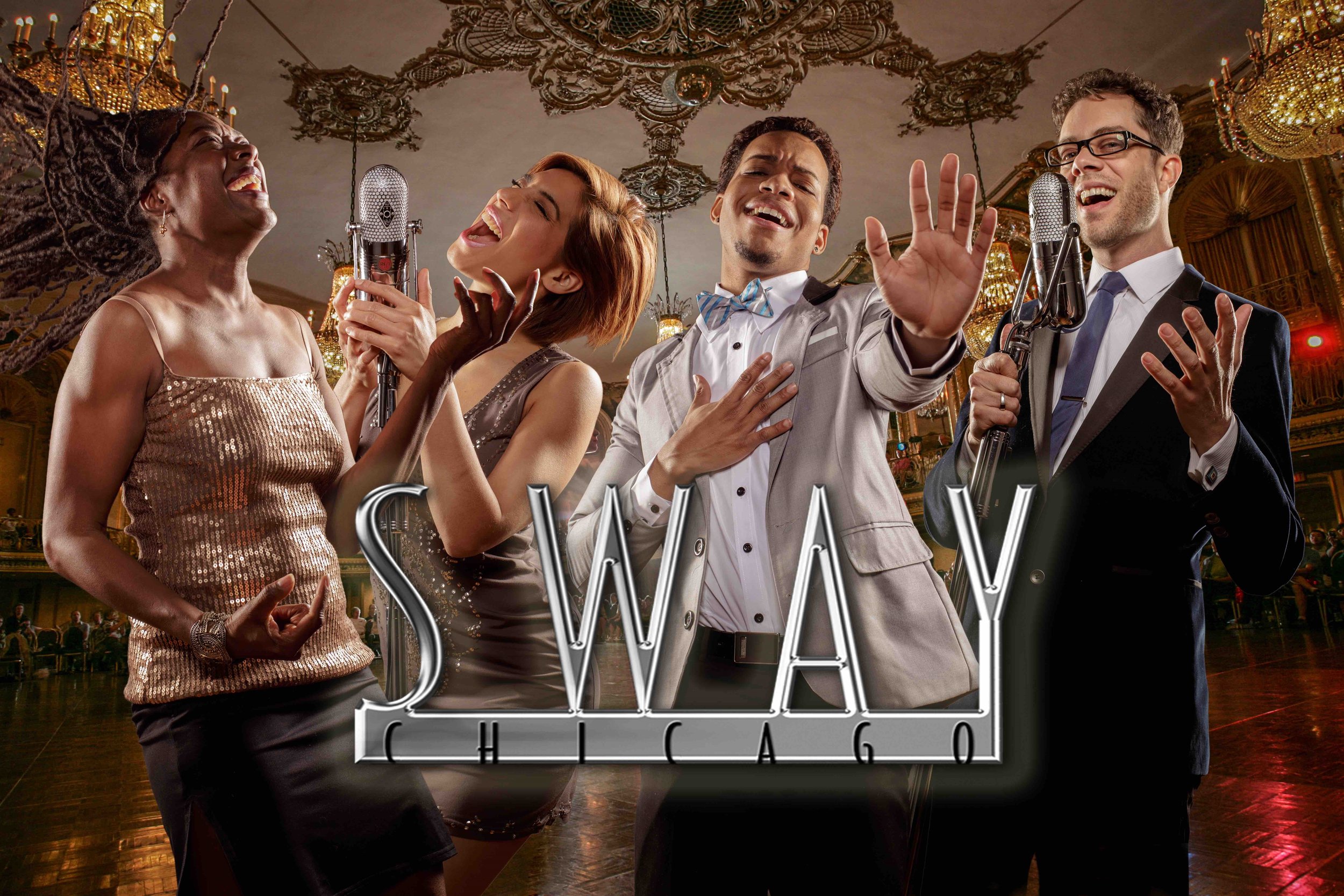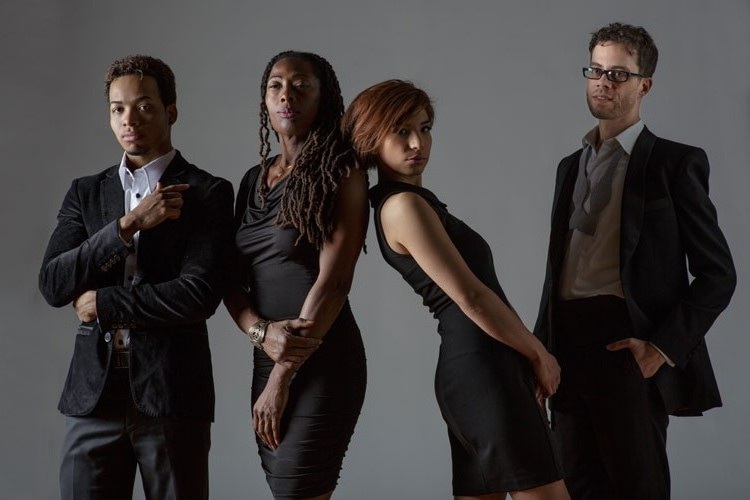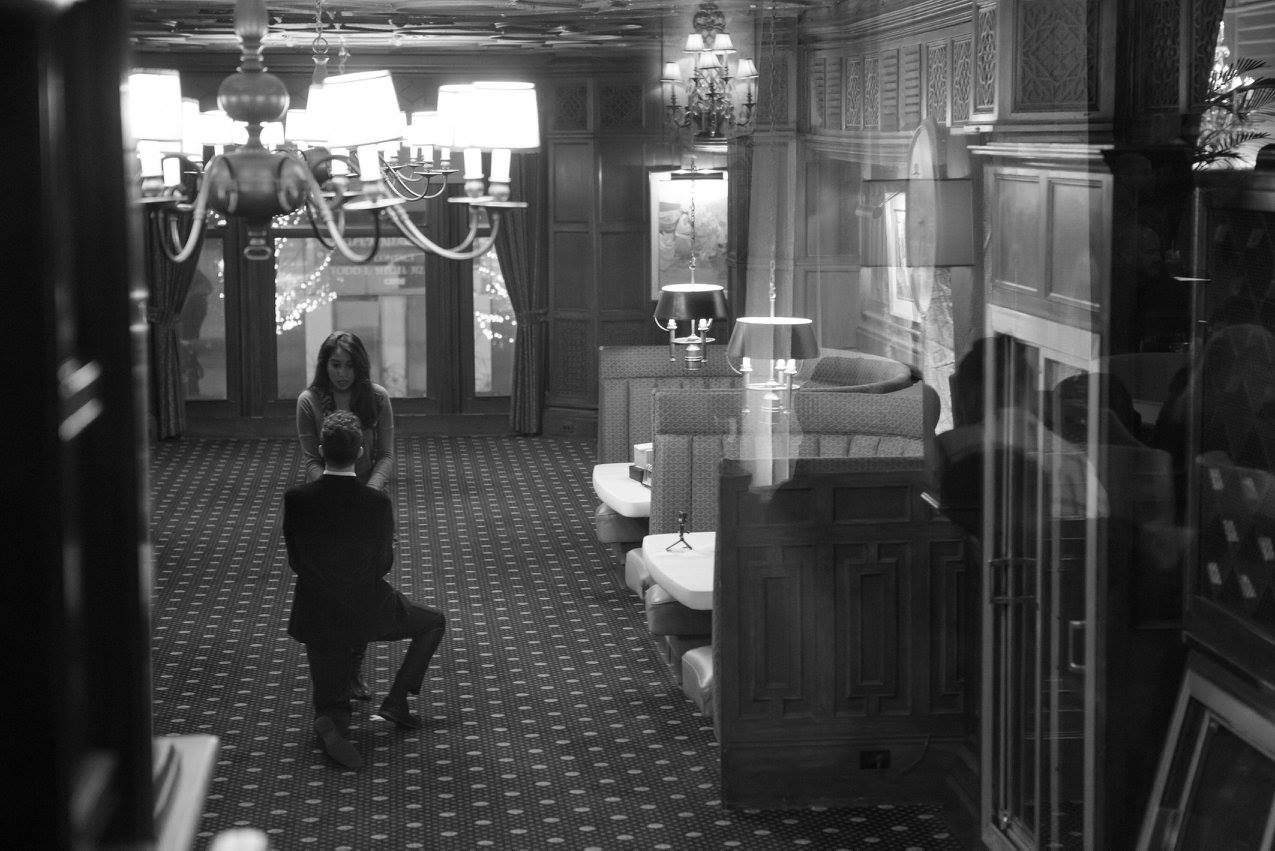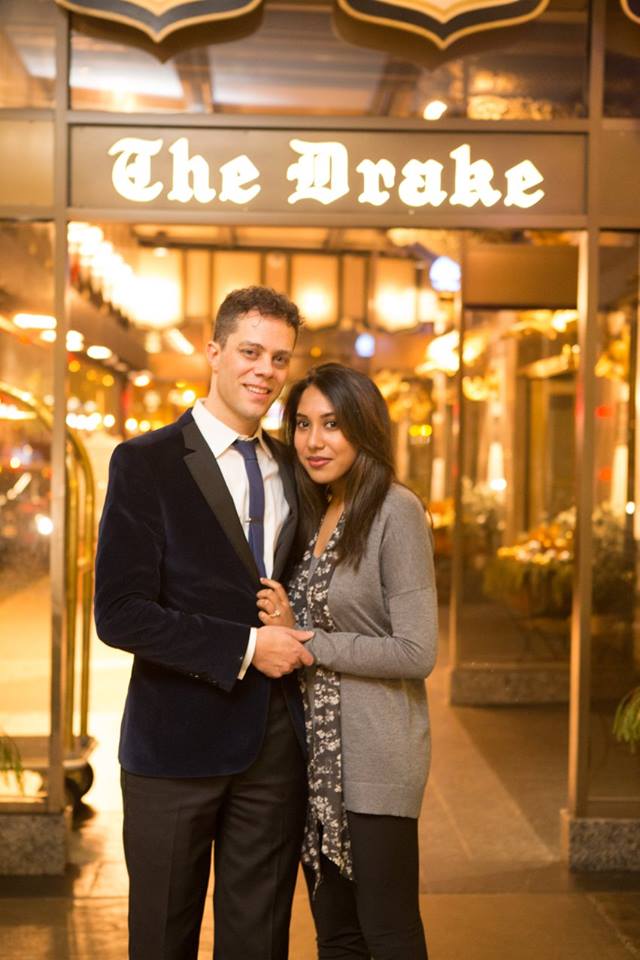You could say that Rachel Rockwell has spent well over a decade on a tropical island where everyone sings ABBA songs and dances up a storm in spandex.
As a performer, Rockwell was a member of the Broadway company of Mamma Mia! in 2004 and Equity Dance Captain for the 2nd National Tour of the show that followed. Today, Rachel Rockwell is a multiple award-winning choreographer and director – well over a dozen and counting – and has recently completed the Off-Broadway run of Ride the Cyclone, a show that had its US premiere at Chicago Shakespeare Theatre in 2015,
We caught up with Rachel Rockwell to discuss the continuing appeal of Mamma Mia! to new generations of performers and audiences.
CWET: Mamma Mia! has toured around the world for nearly two decades. Another international tour is launching in 2018 and an estimated 60 million people have seen the musical. Beyond the iconic ABBA score, which connects generations together, what is it about the story that keeps audiences engaged and coming back?
RR: At its core, it is about relationships: mother/daughter, and the deep and abiding friendships of women. That is its magic. That's what people come for, beyond the fantastic song book. I say this jokingly - husbands and boyfriends may come and go, but your girlfriends are forever!
CWET: How much of a responsibility does a director and creative team have to the audience to stay within the margins of a high-speed juggernaut like Mamma Mia! or are there areas to explore that might challenge us to look at the work in a different way?
RR: This piece isn't broken. You really don't need to spend a lot of time reinventing it. You just have to make sure the relationships are compelling, and that it has the expected ABBA sound. Critics are always talking about how the book is thin and formulaic, but I've spent years with this material and I can tell you that it is extremely tightly constructed. You can't force something onto it that it isn't intended to be, or you will crush it. The simplest of terms, when you want a Cosmo, you want a Cosmo. You can upgrade the vodka, but you don't need to put extra things in it, or it will ultimately be disappointing. It just wants to be sweet, bright, and ultimately a lot of fun!
CWET: Is there an example you can highlight from the Marriott production?
RR: The songs are used to tell a specific story. There's a little room for interpretation, but if you're veering too far off road, you run the risk of alienating the audience that comes with high expectations. One exception is the number "Under Attack". In the original production it is a nightmare sequence in which Sophie is besieged by these funny sea creatures. It's visually fun, but it doesn't really tell a story, so we made a nightmare about her dads stalking her and abandoning her. The entire ensemble is dressed like the dads and they all have neutral masks on their faces, so she is adrift in a sea of fathers and can't find the real one. That felt more like a nightmare that our ingenue would have.
CWET: The production at the Marriott Theatre is performed in the round. What advantages does this theatre offer over a more traditional proscenium staging?
RR: I love staging in the round because it is more natural. You face the person you're talking to, the way you do in life. You see people's backs-it's interesting and human. Also, the intimacy of the Marriott space really brings these friendships right into your lap. You really want to be sitting on Donna's bed with her girlfriends because their chemistry is so real (in part, because they are wonderful friends in real life), and the cast is so close you can get up and dance with them. And people do, which I love!
CWET: Mamma Mia has been a big part of your life. What new rhythms appear when you revisit it again with the next generation of actors, singers and dancers?
RR: When I was a dance captain, my job was maintain someone else's vision of the material. Still, I had to analyze it as if the vision were mine, so I could inspire and "sell it" to the performers. Every time I dig deeply into the material, I have more respect for what Phyllida Lloyd and Catherine Johnson created, along with Anthony van Laast's choreography and Martin Koch's exquisite orchestrations and vocal arrangement. No other juke box musical has this kind of international success. They really struck gold. I feel privileged to know the history of the making of this piece first hand. I think it helped me understand what is sacred and where you can afford innovate. I'm really happy to be a part of a piece that is bringing a lot of joy to the audience. Joy is not to be underestimated.

